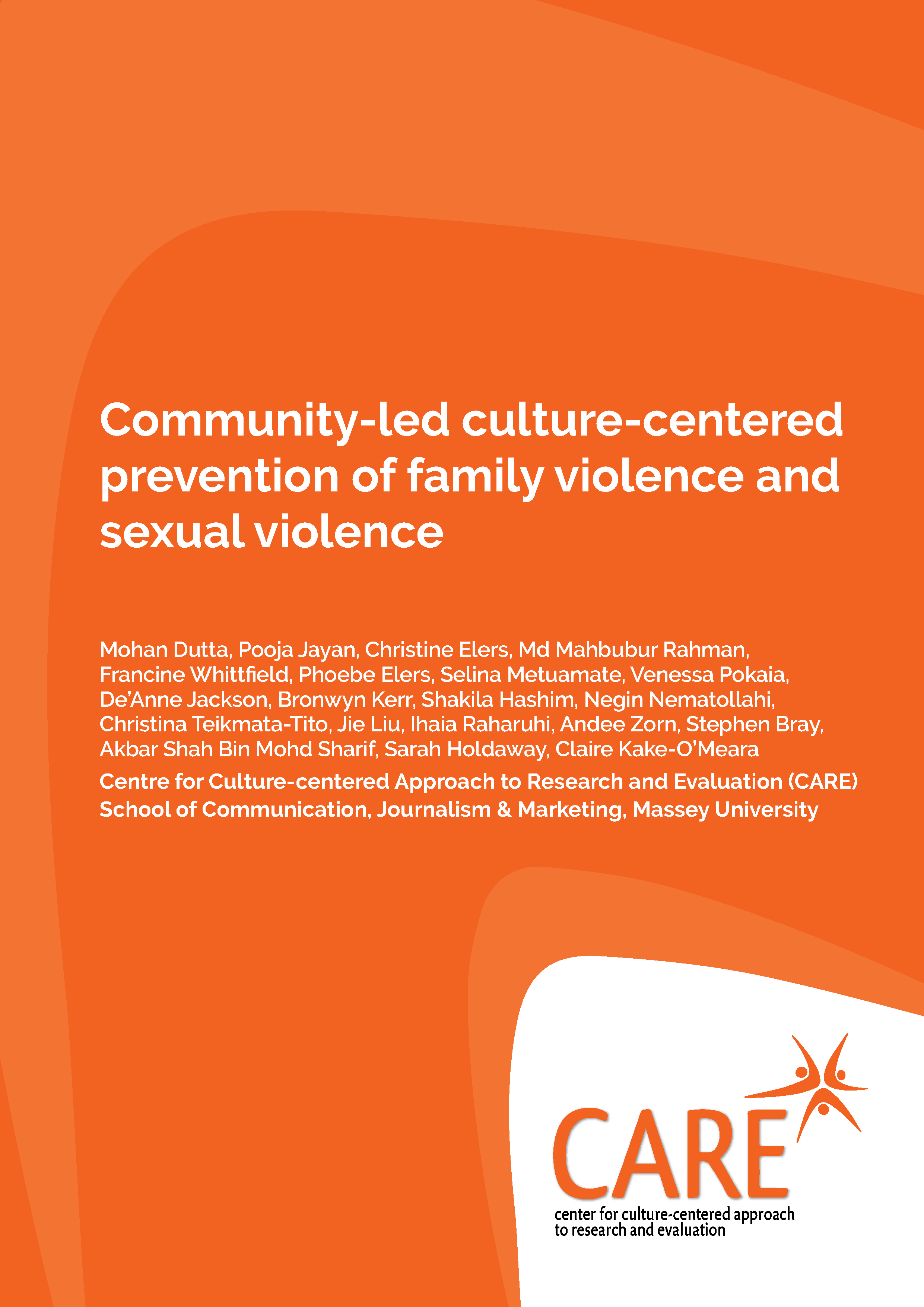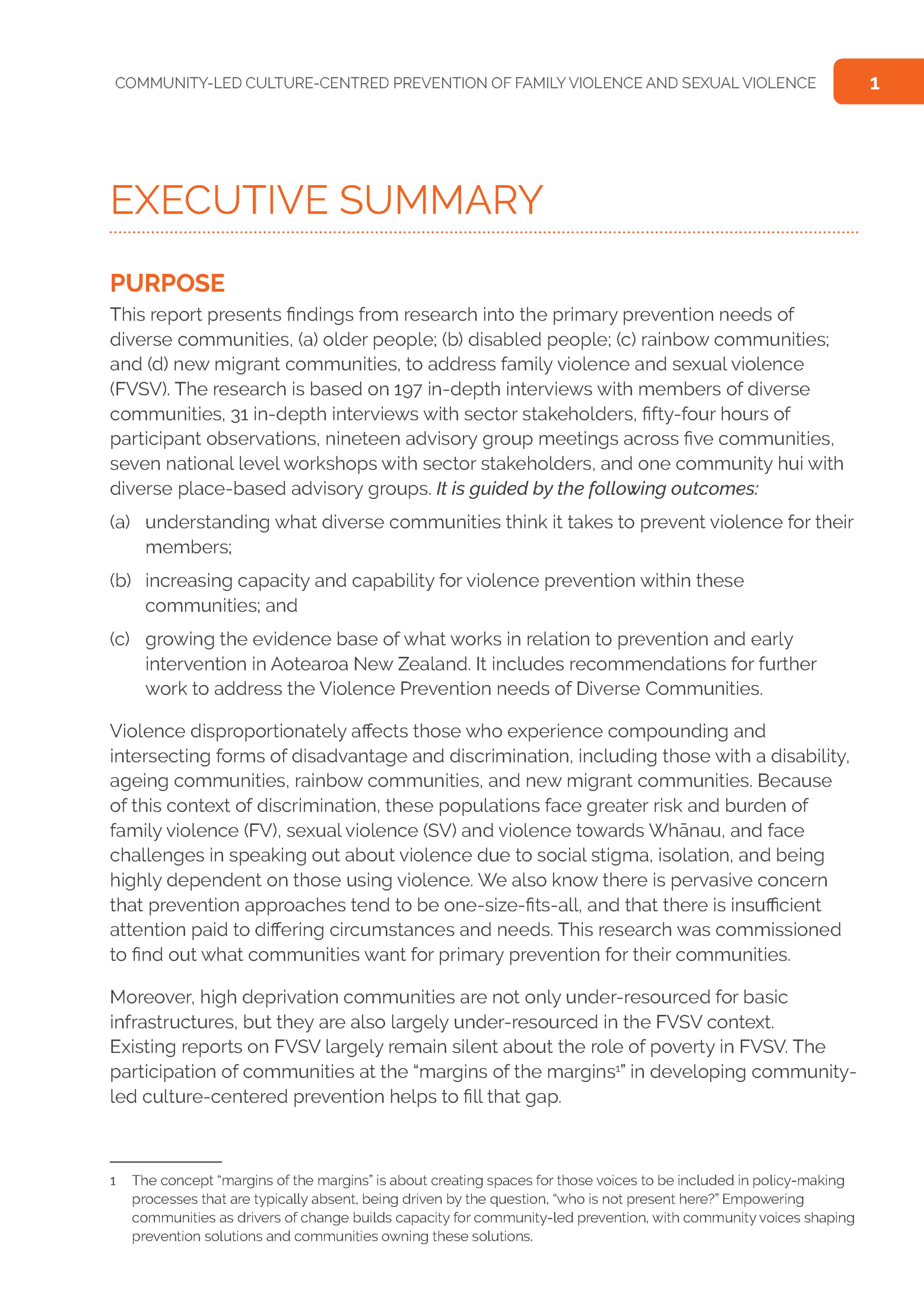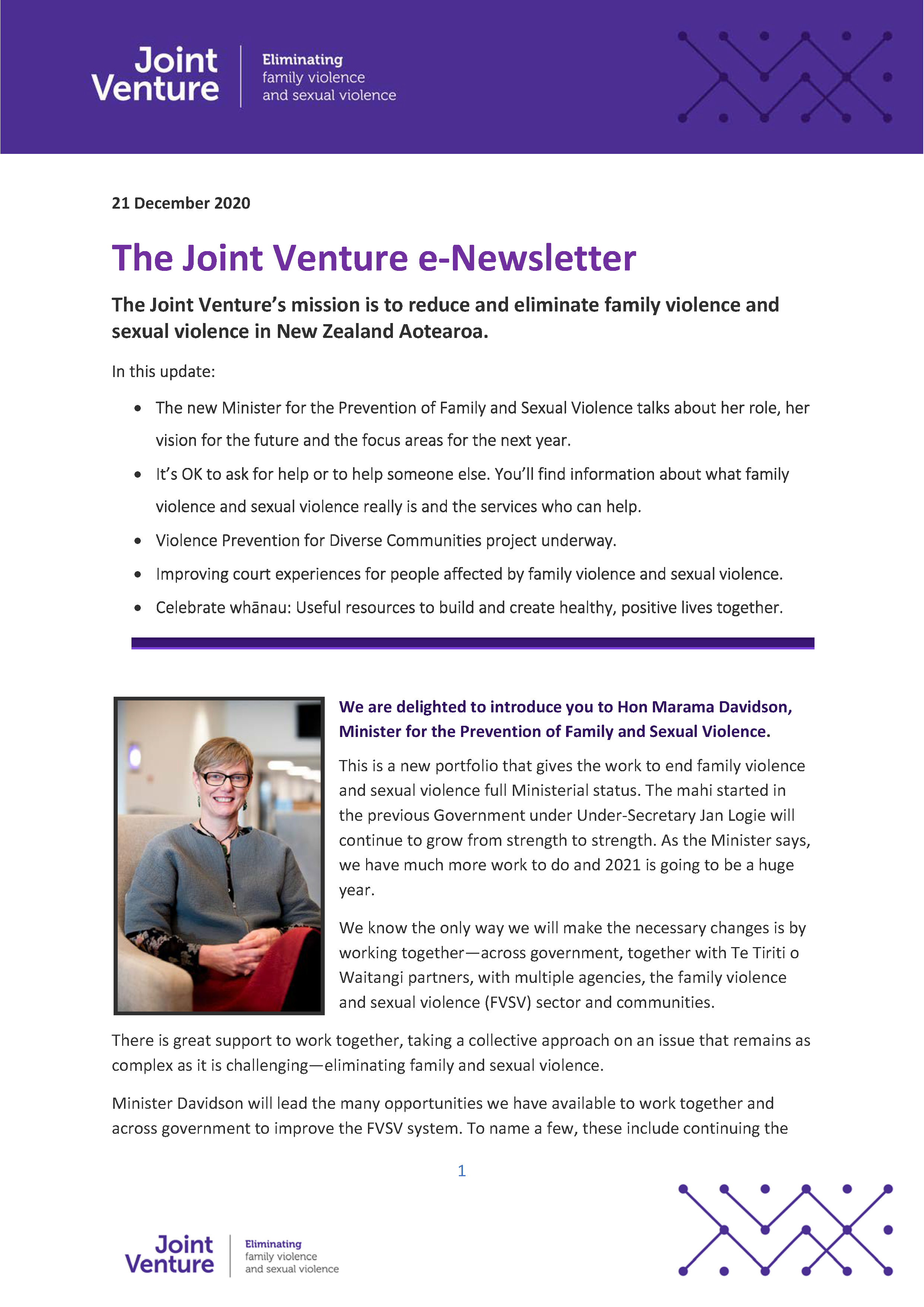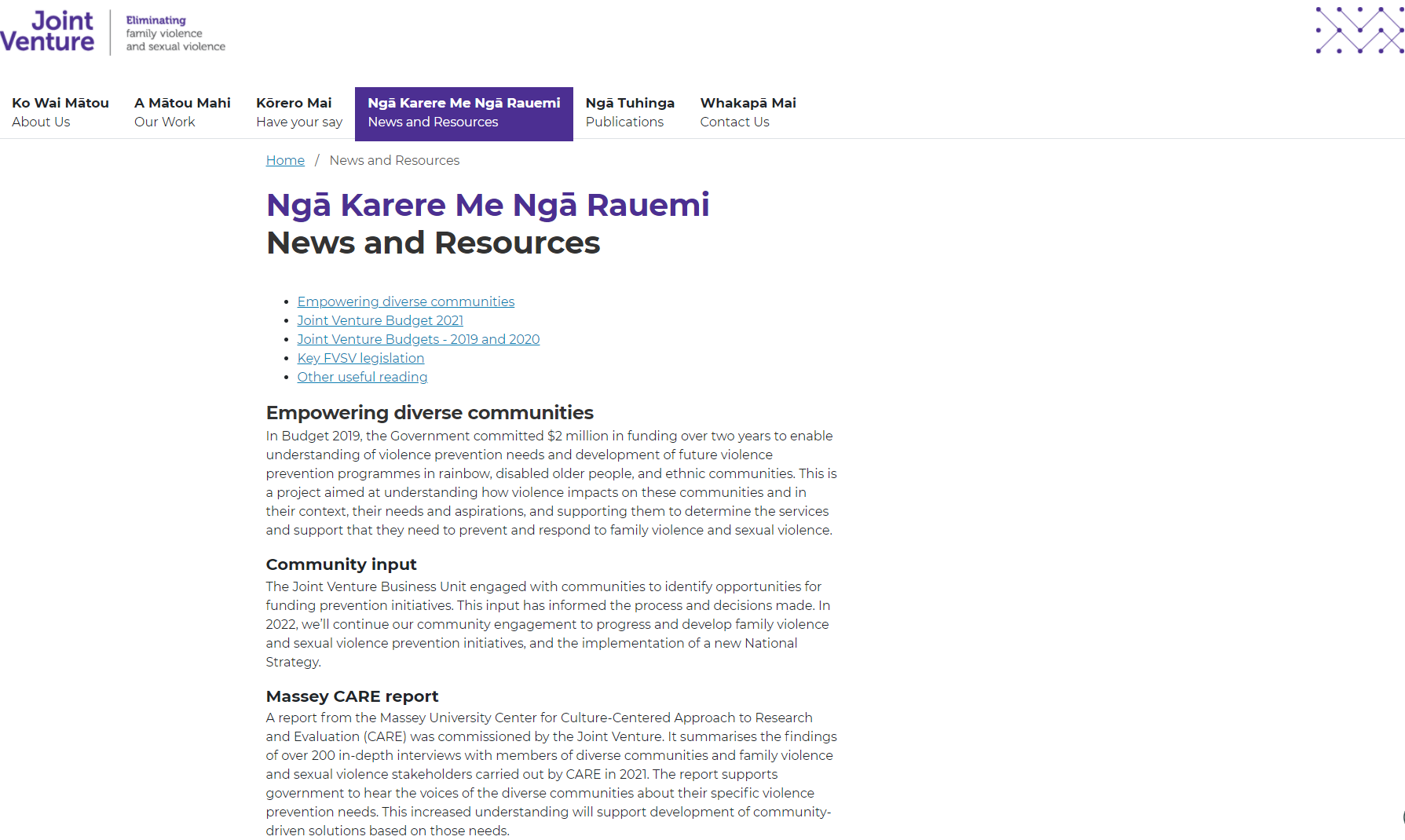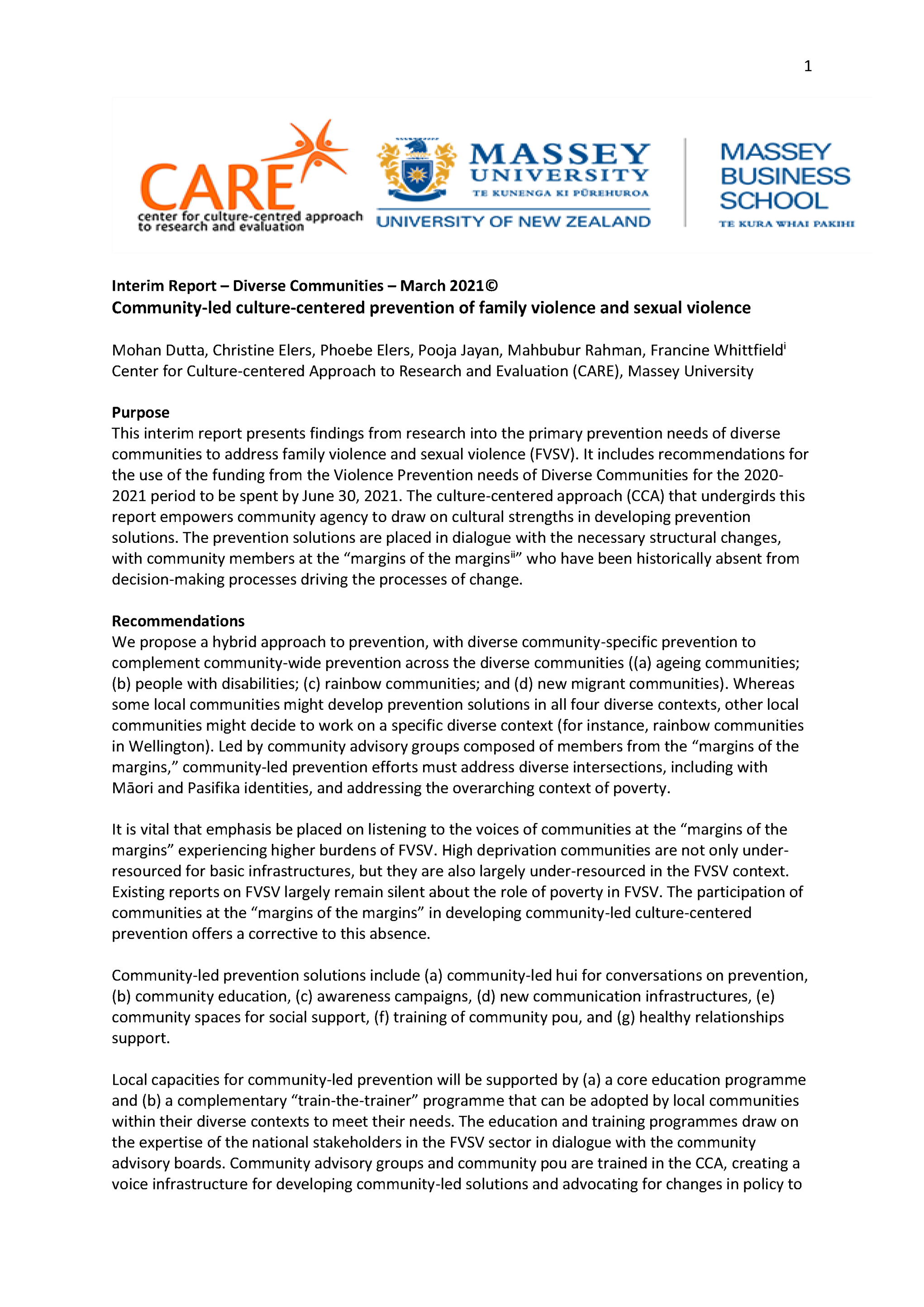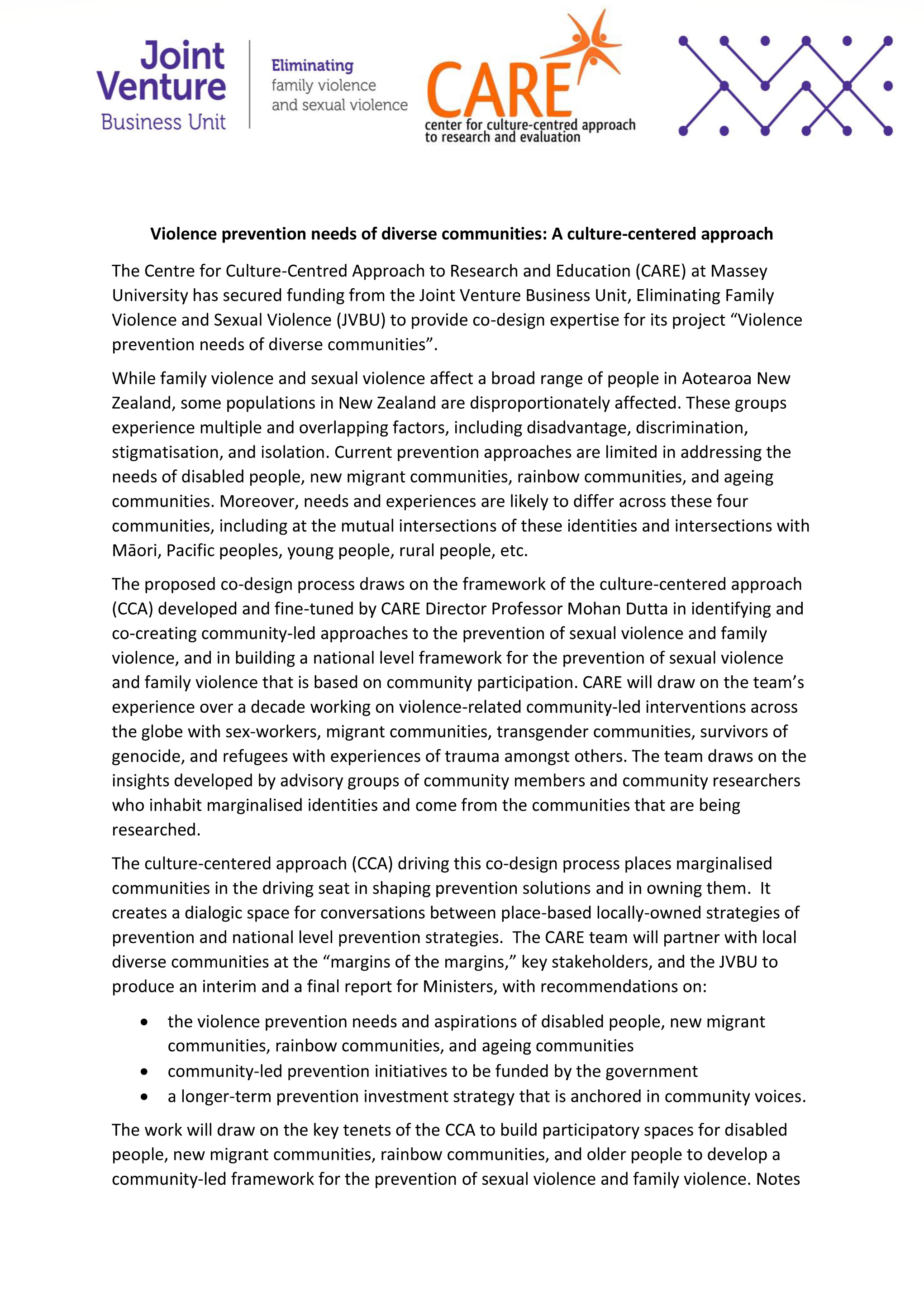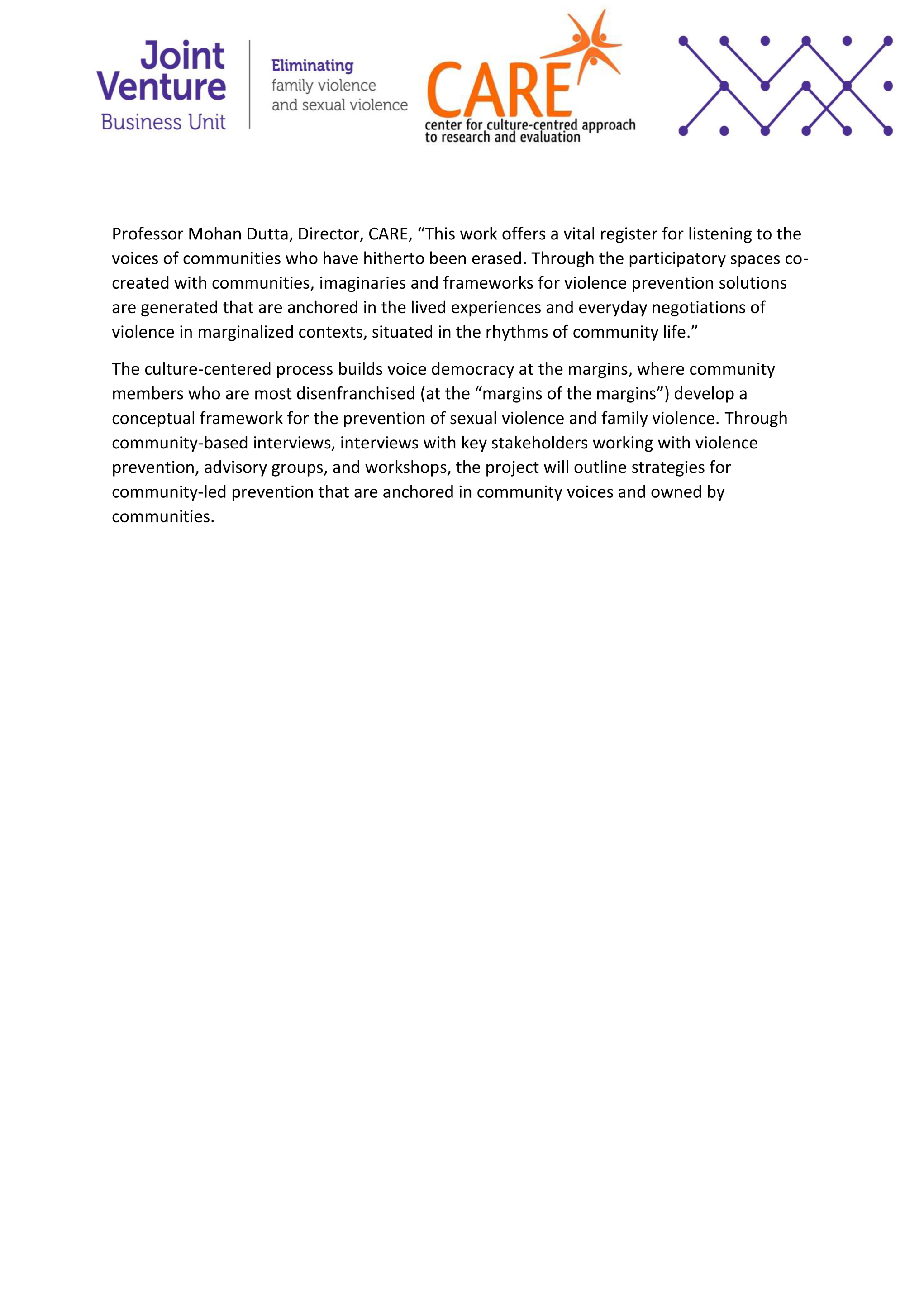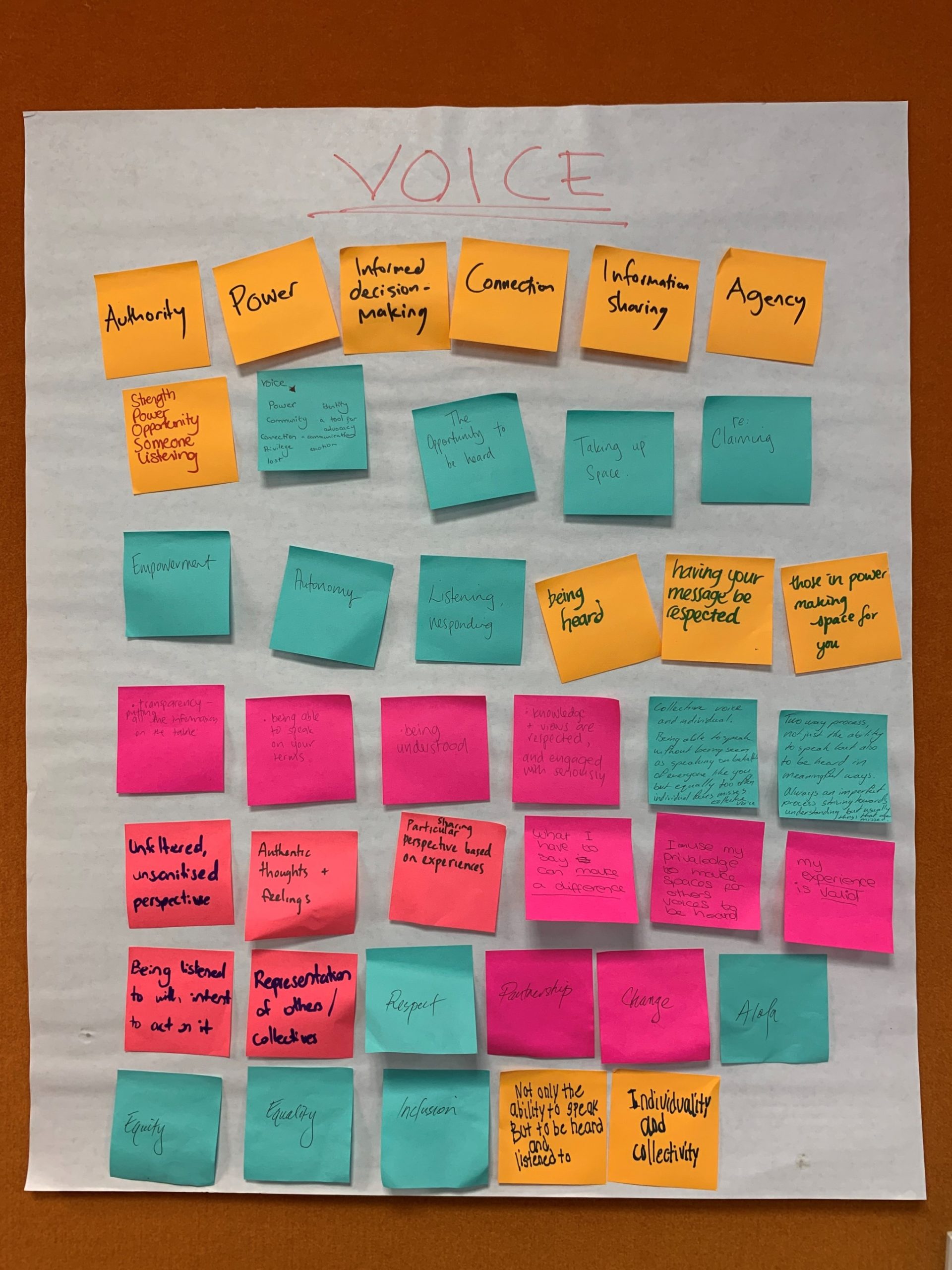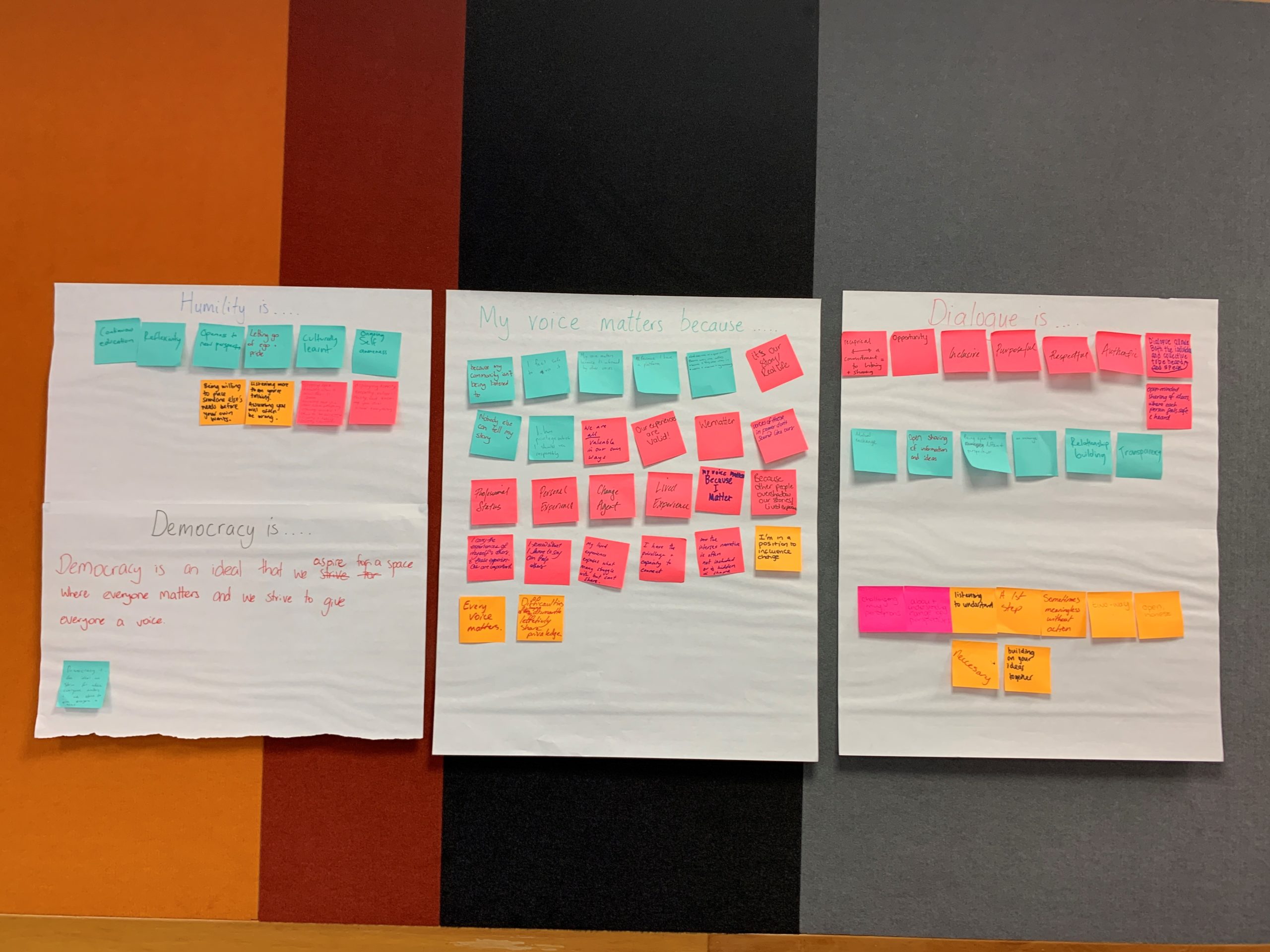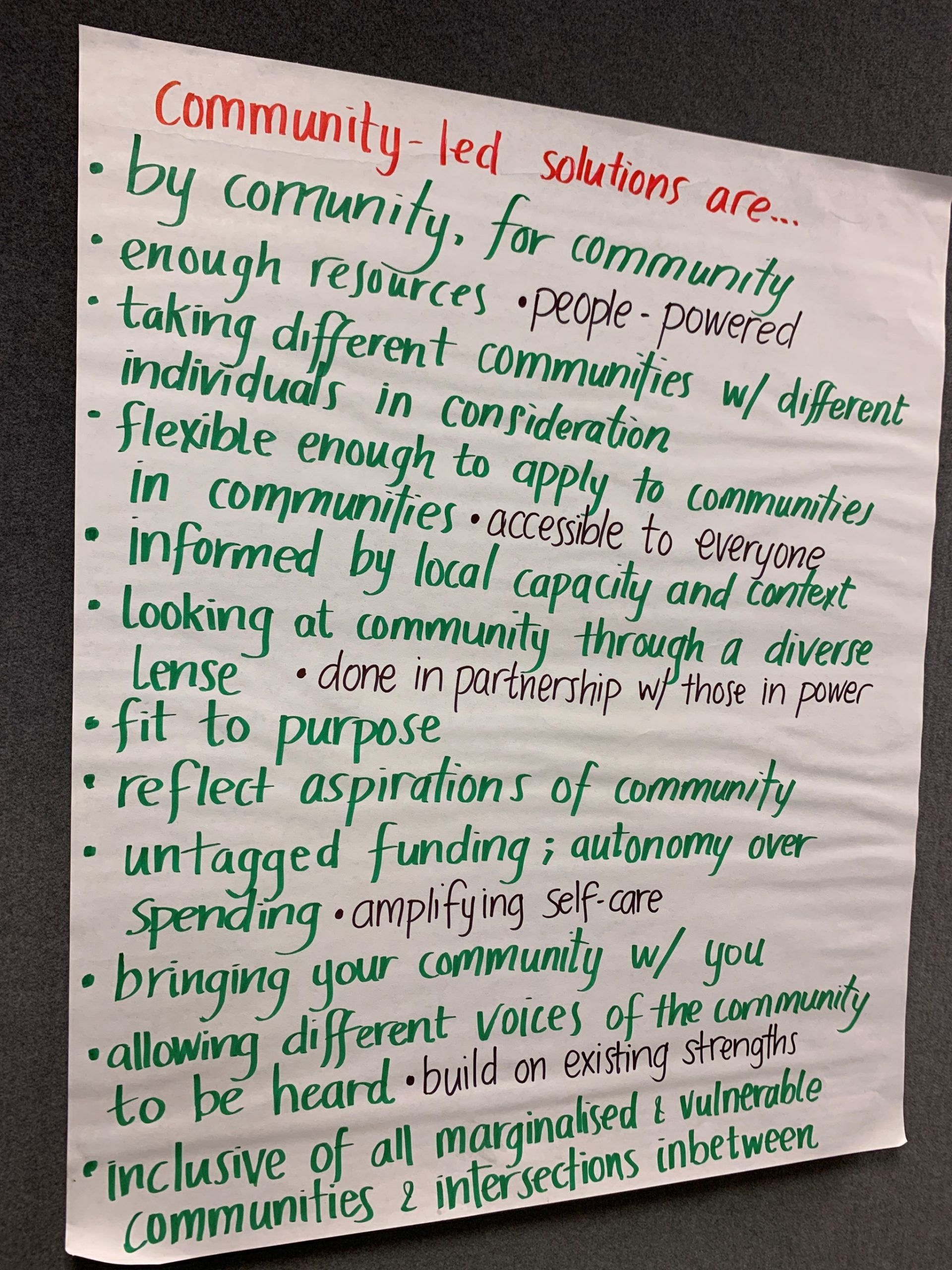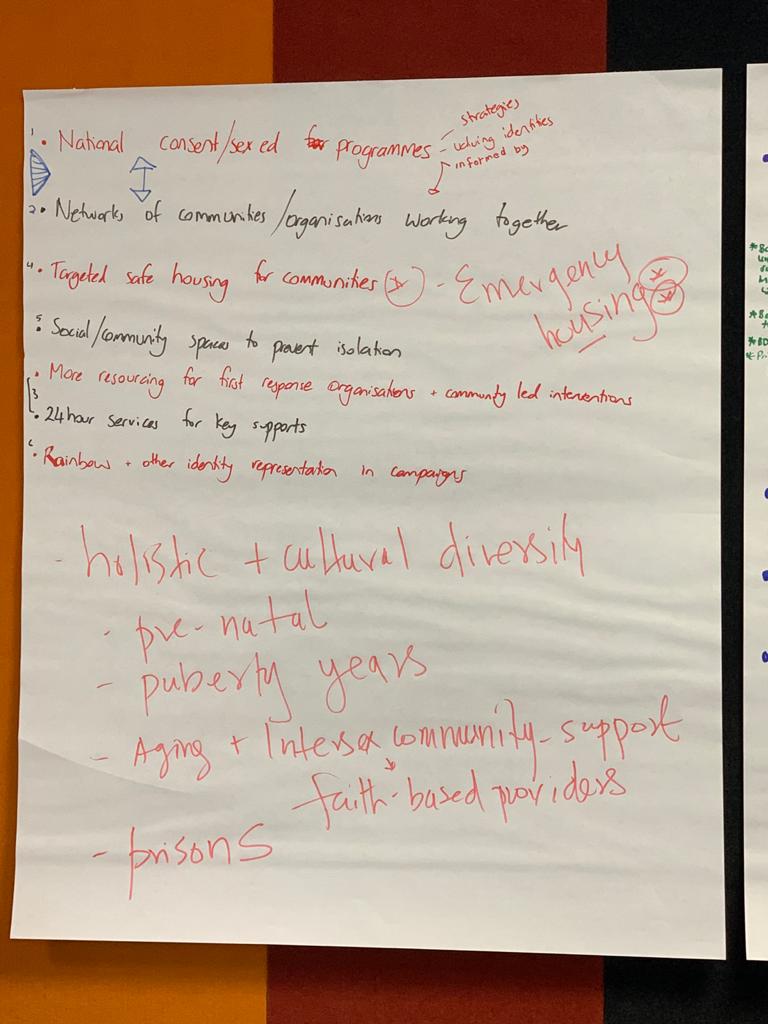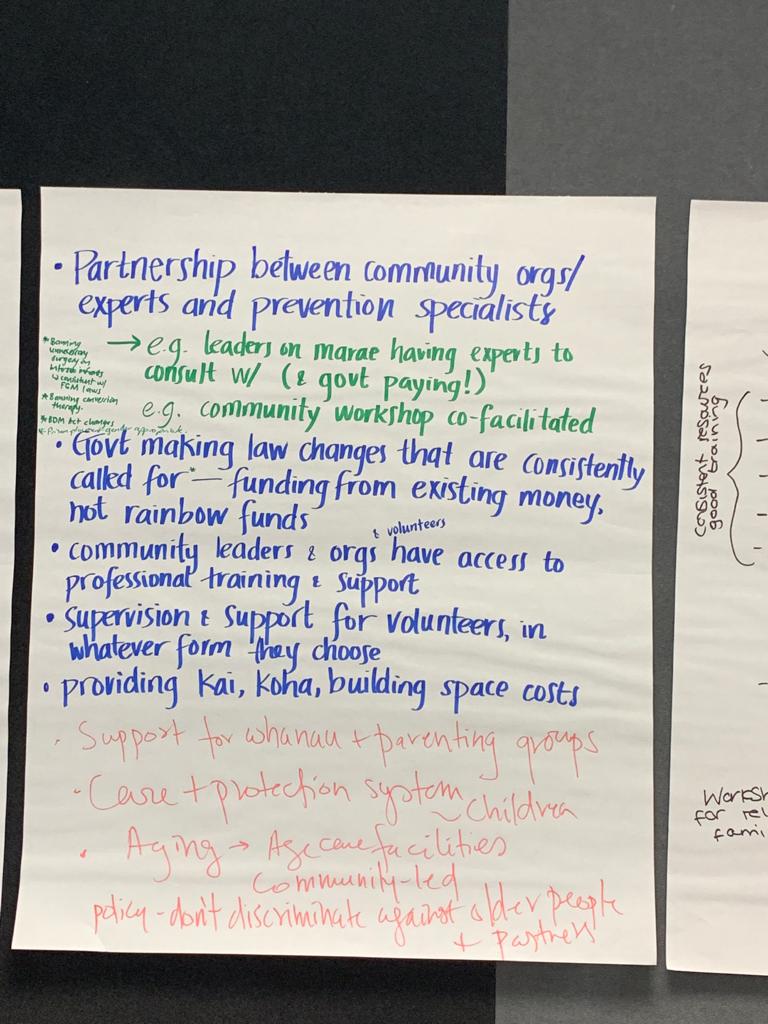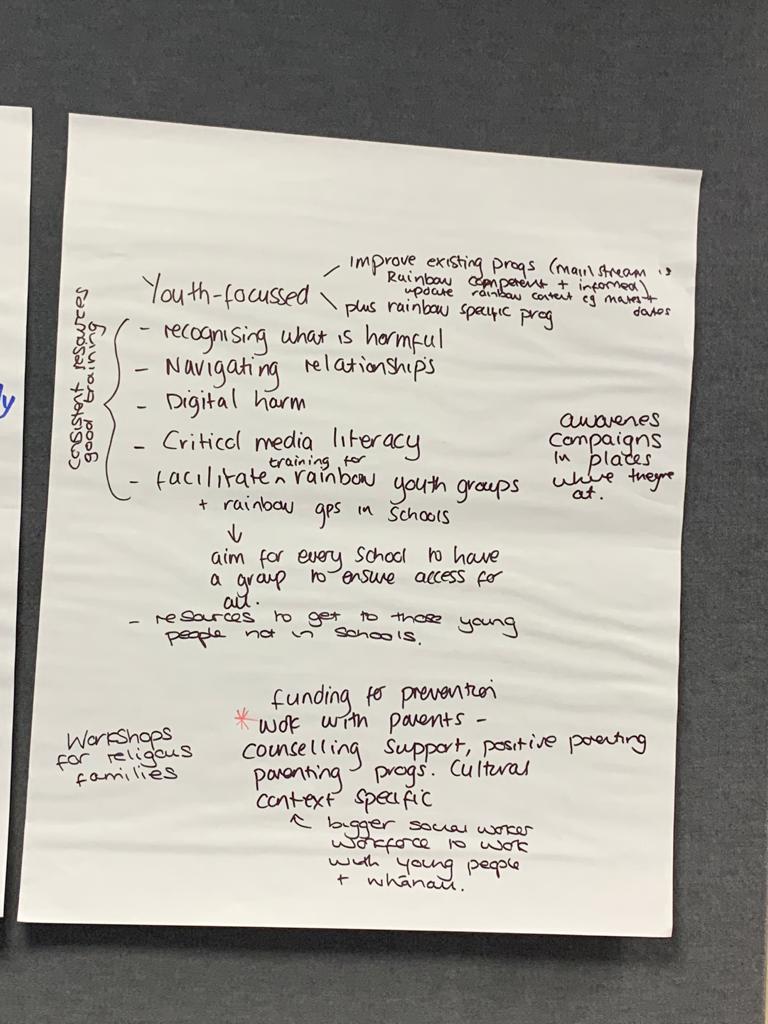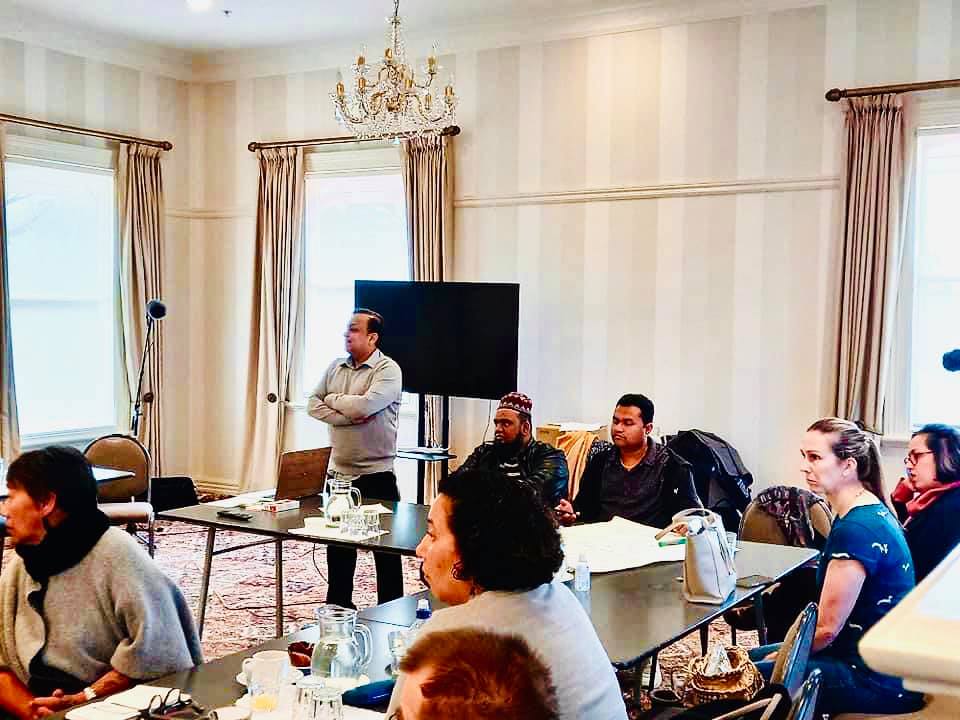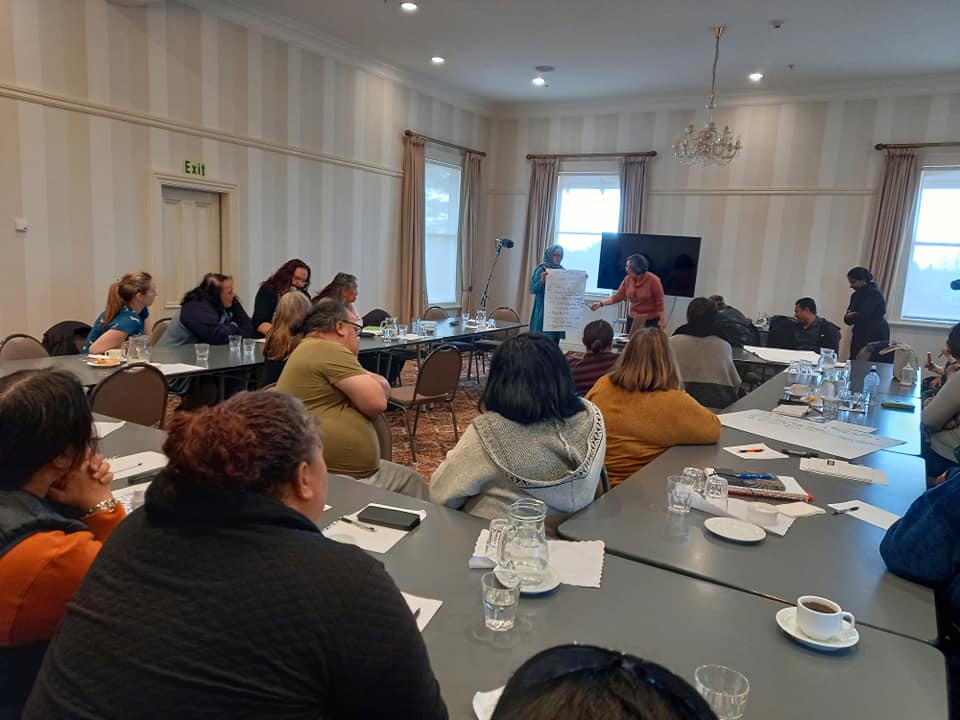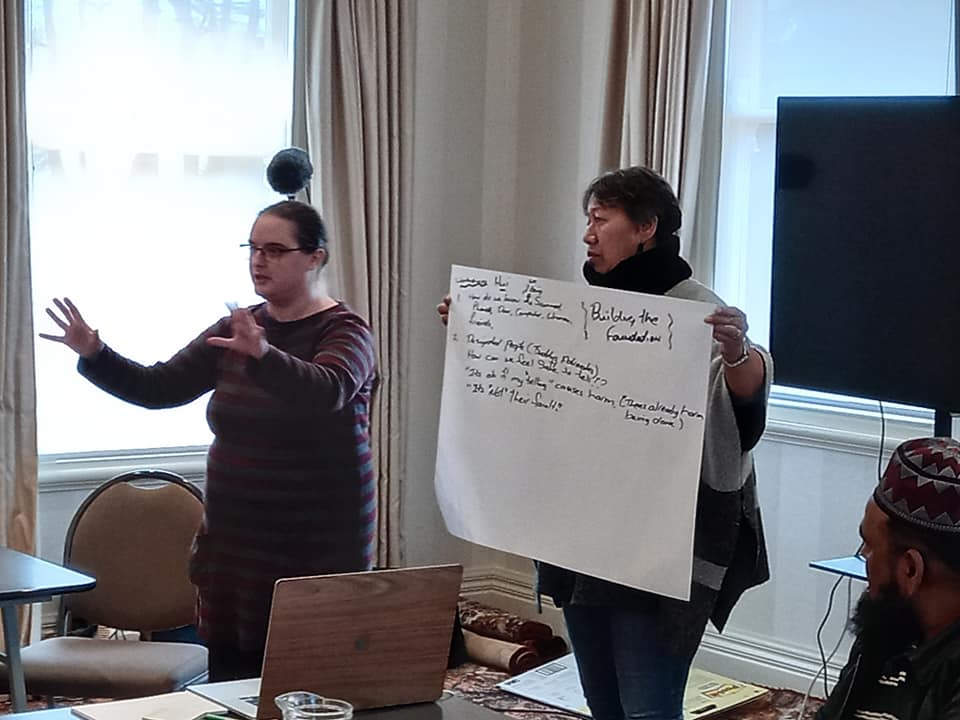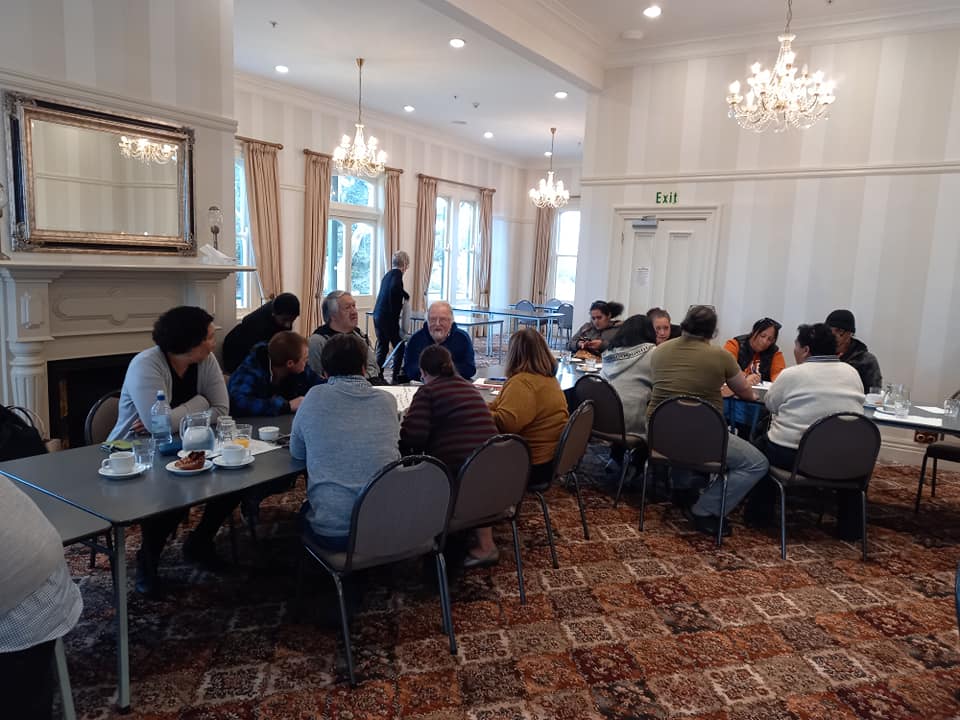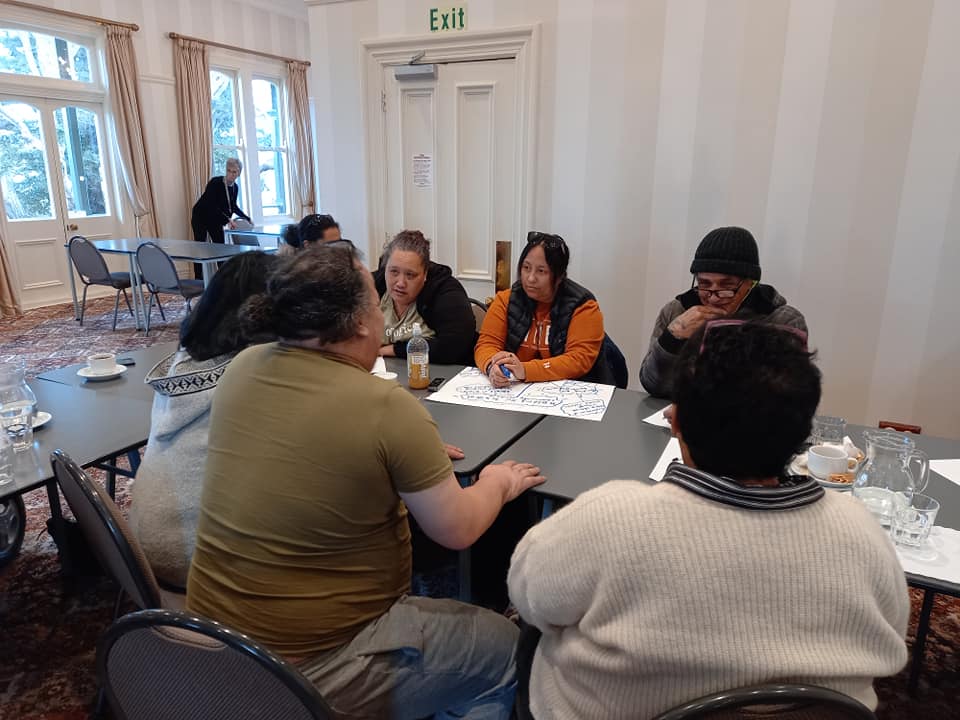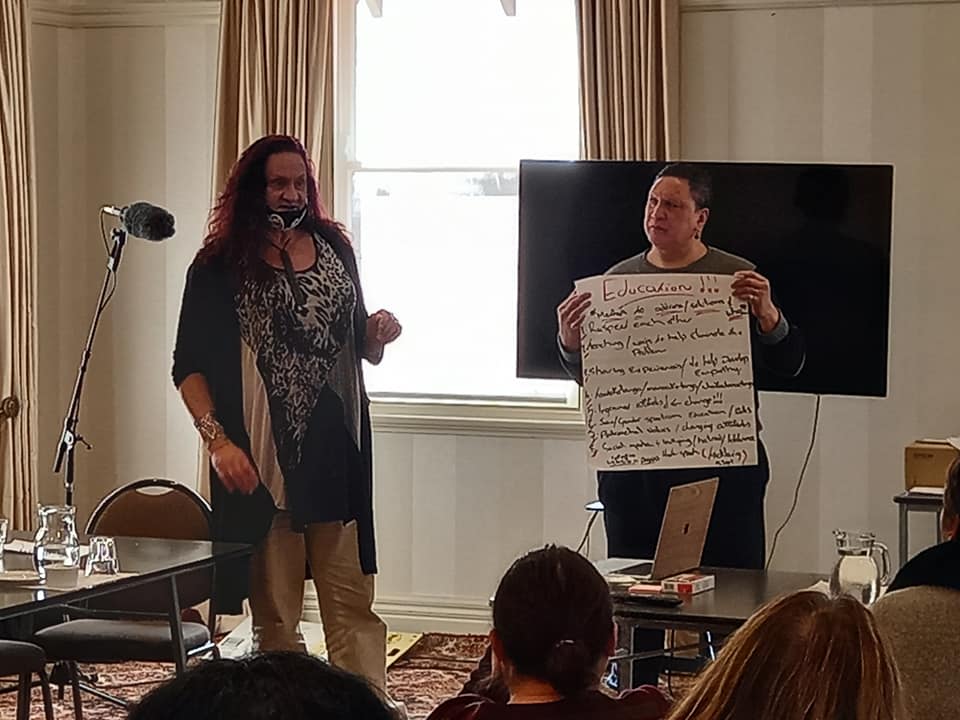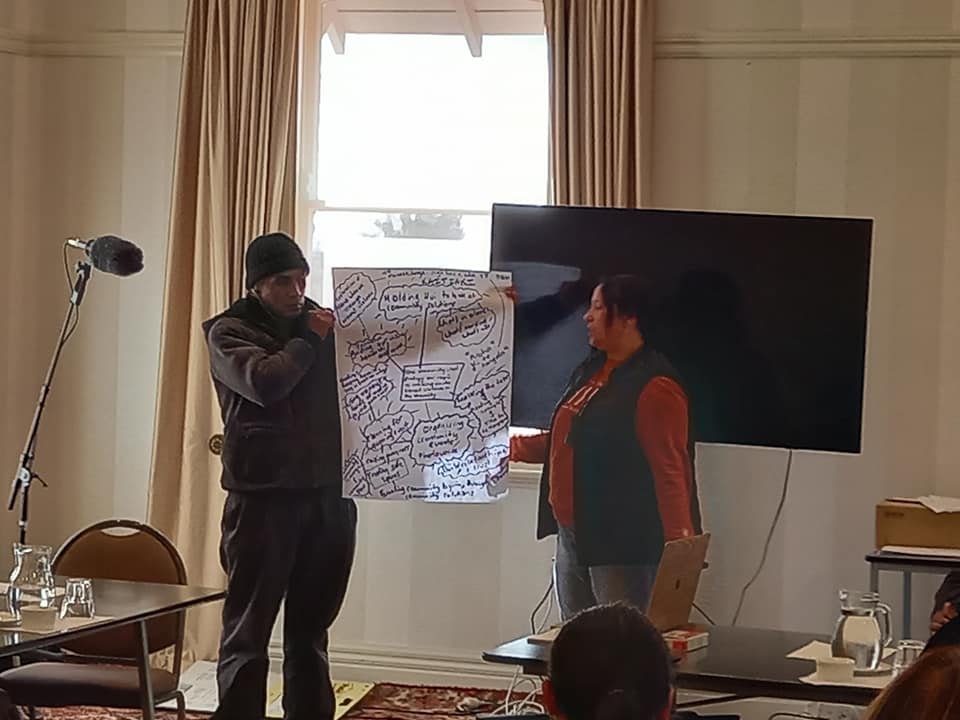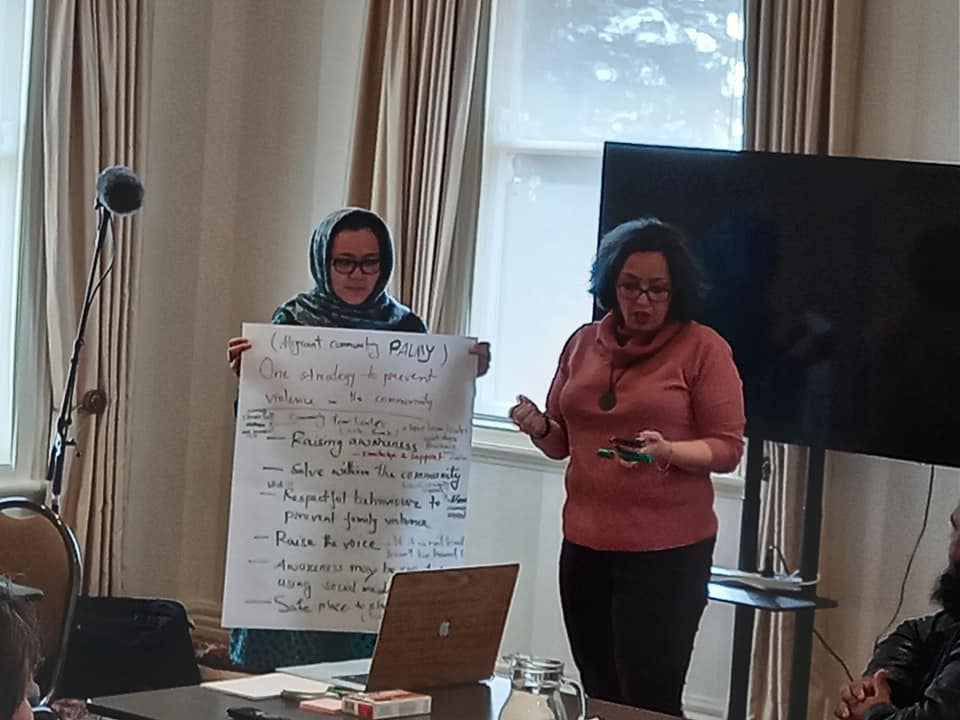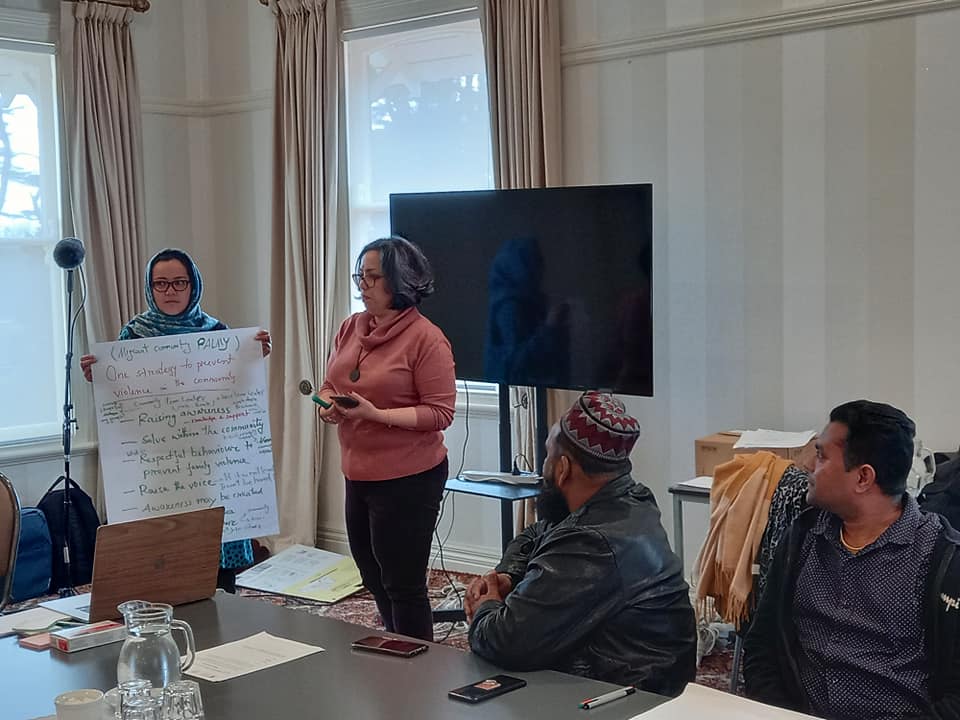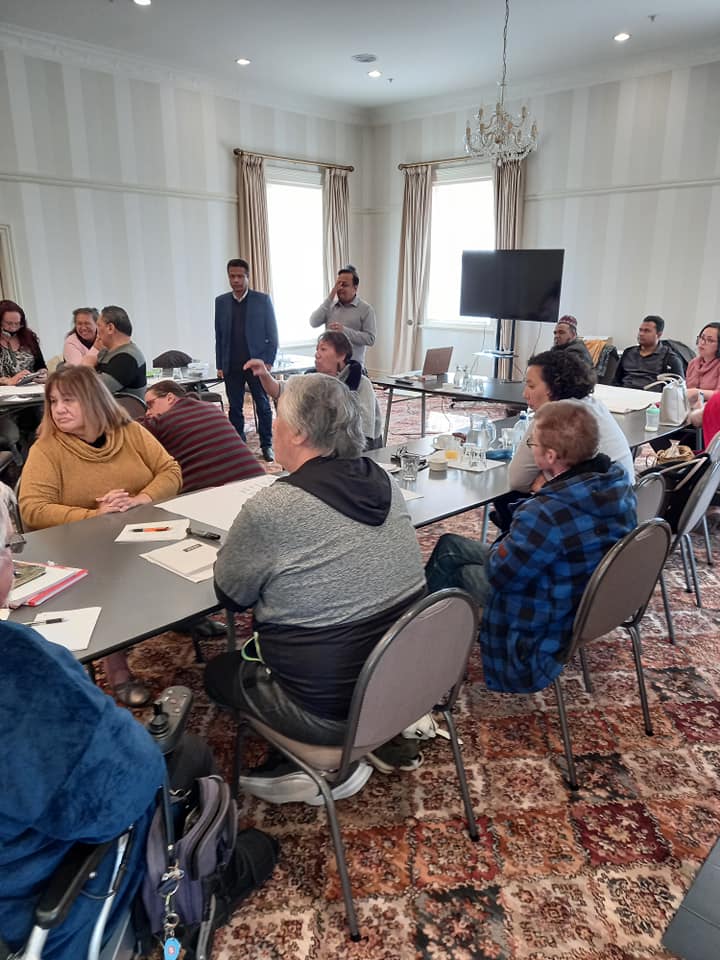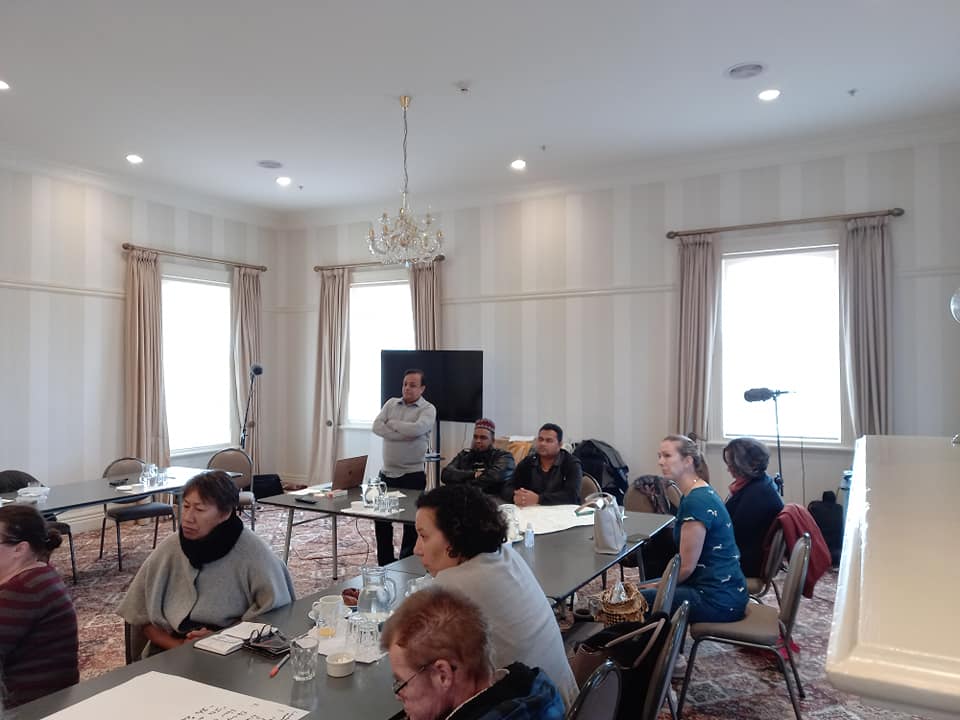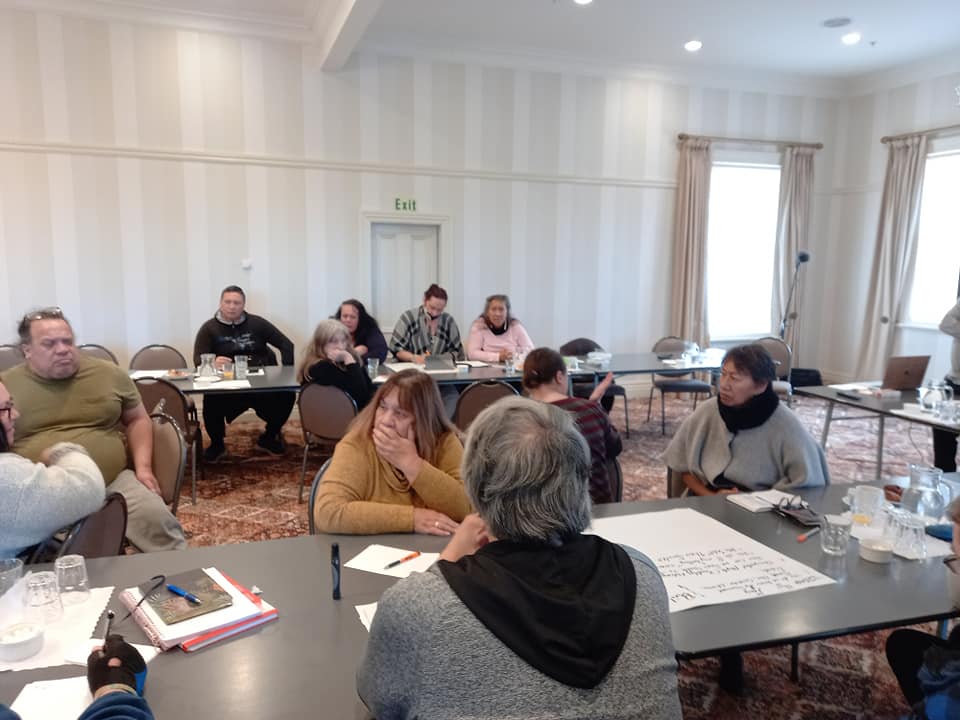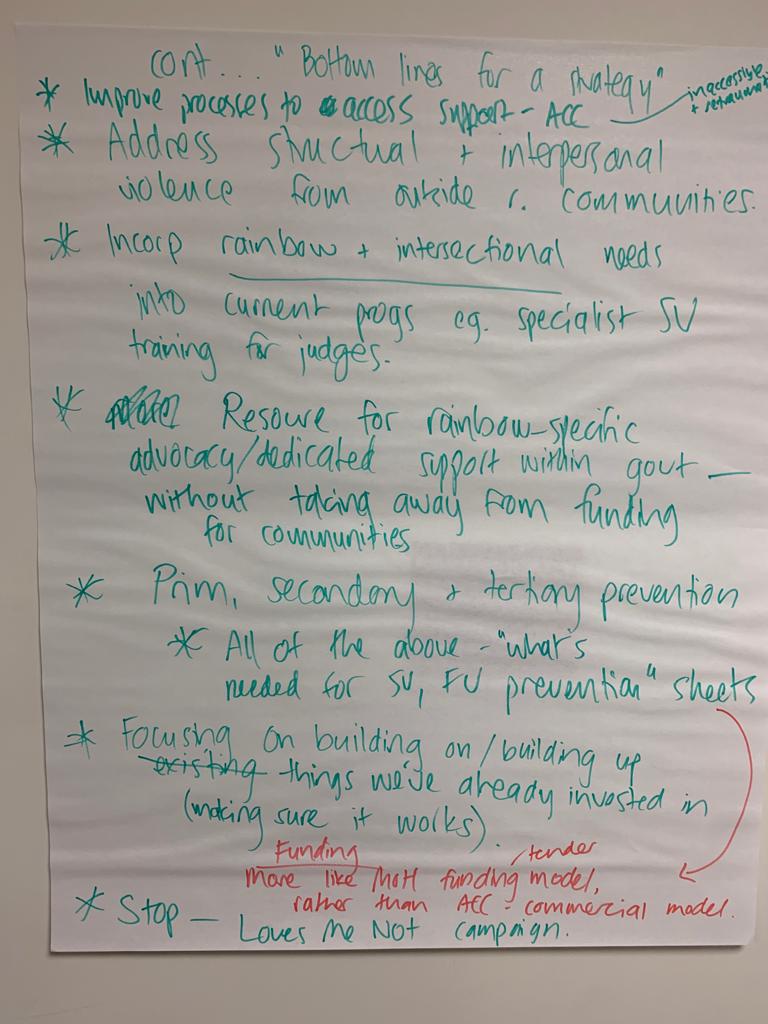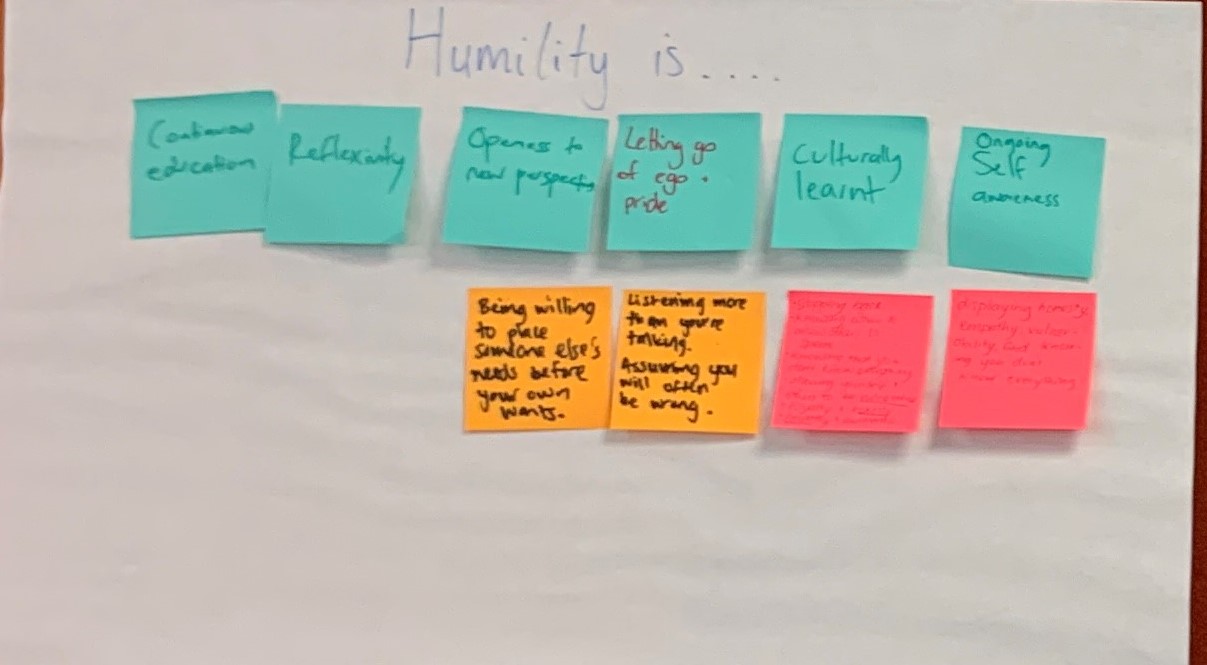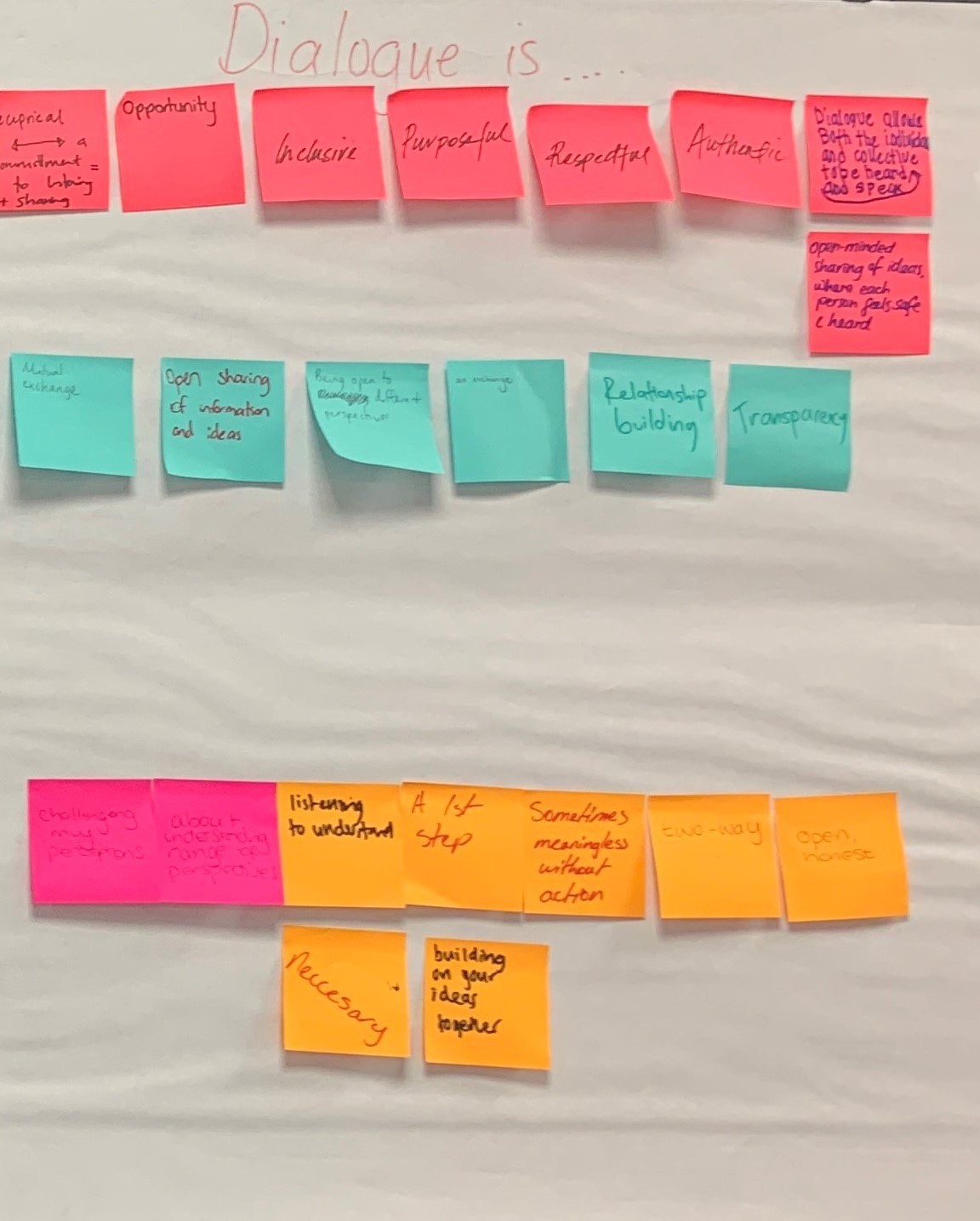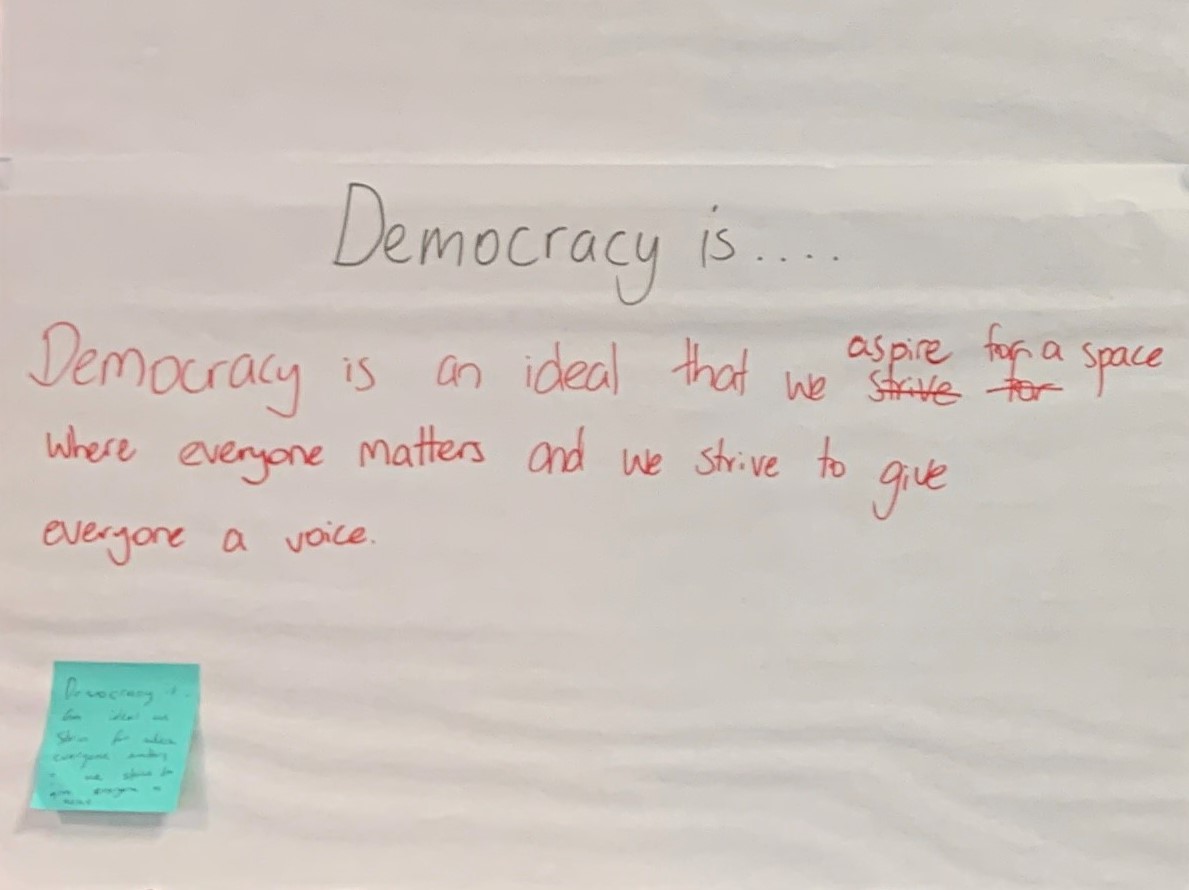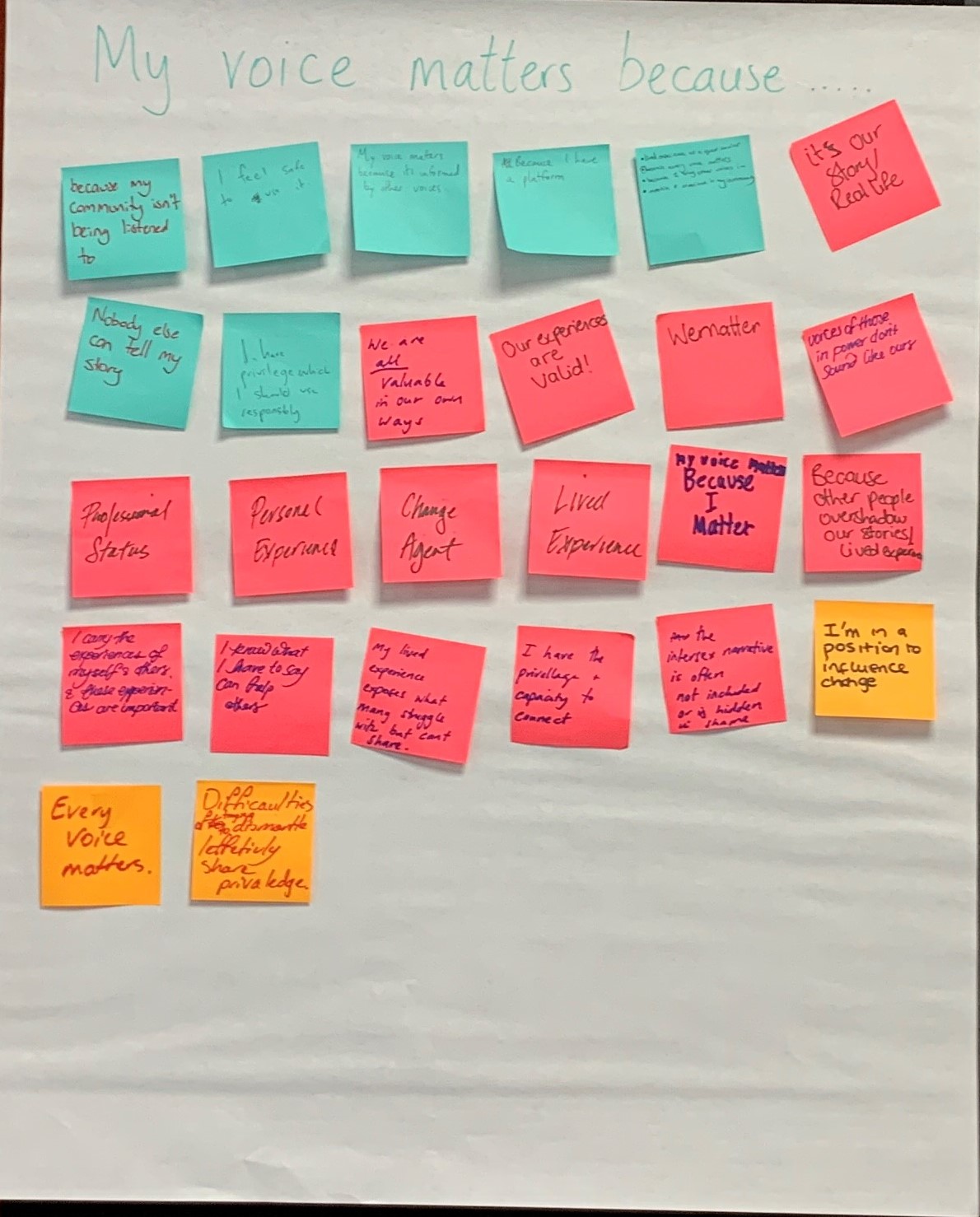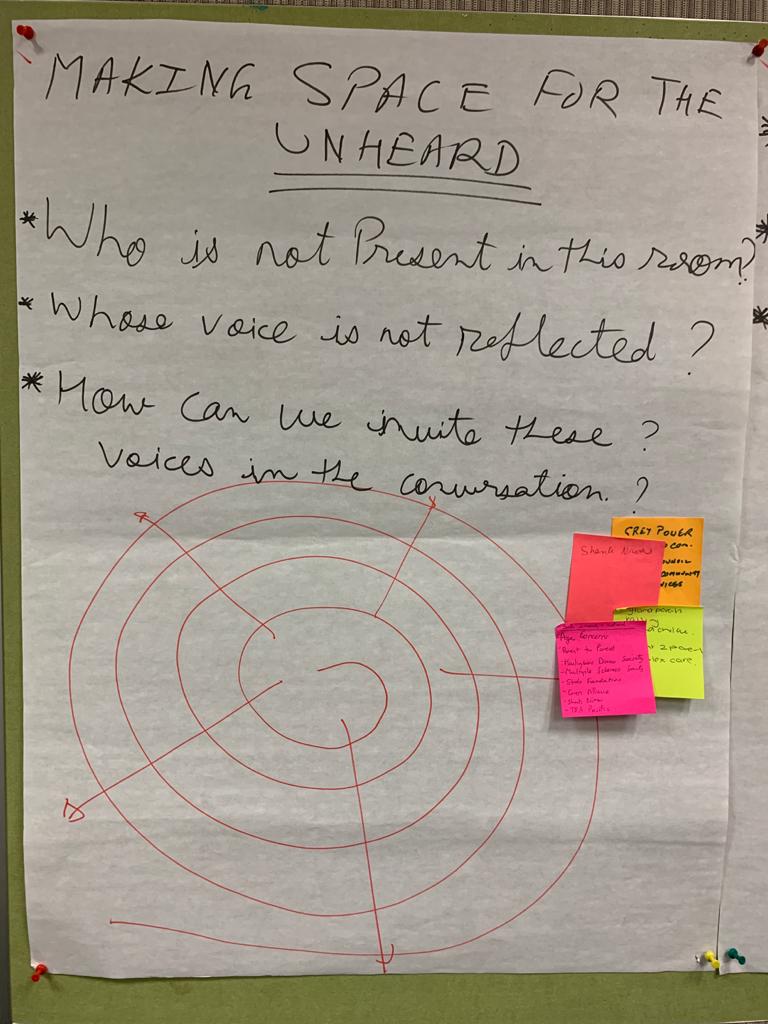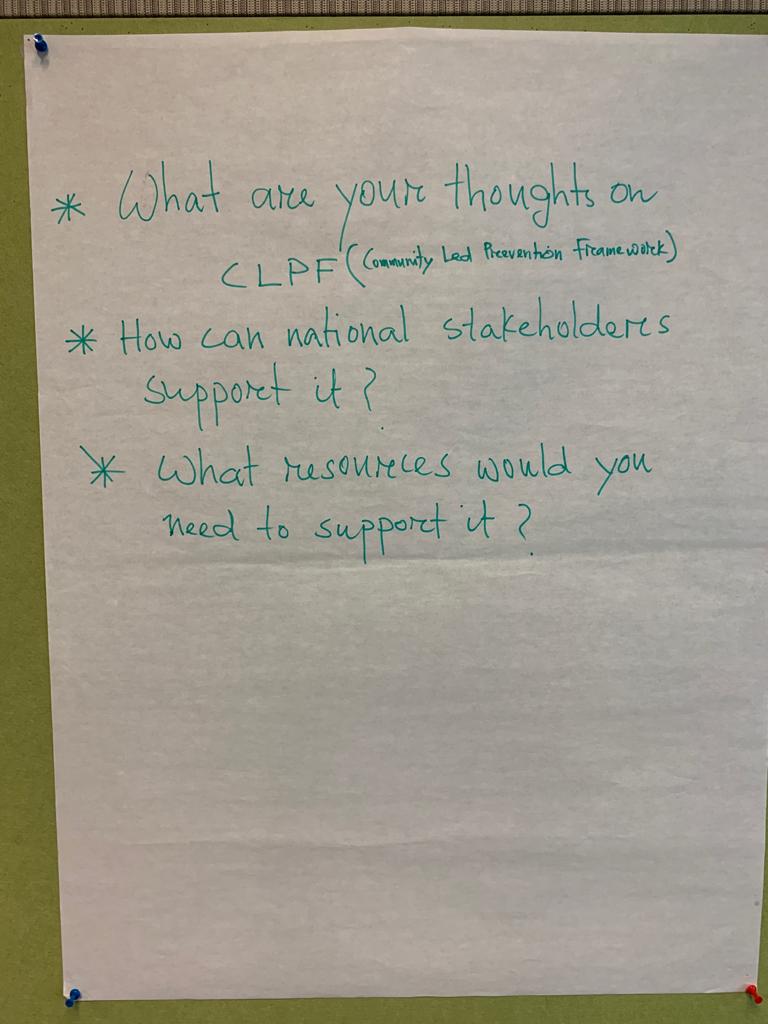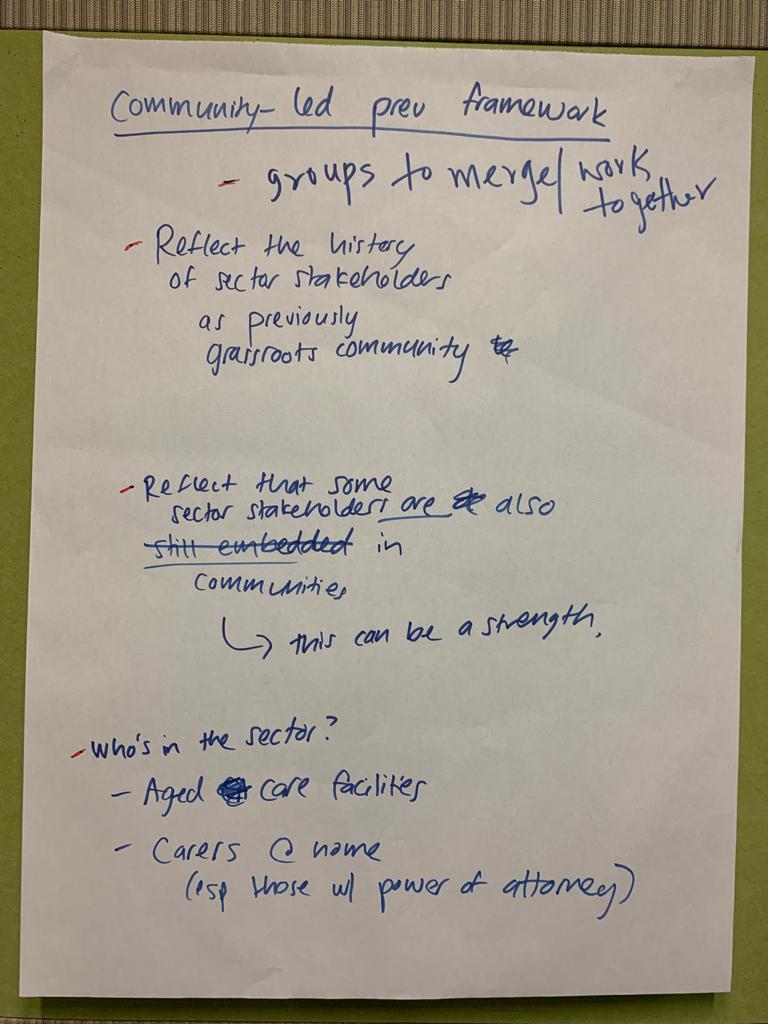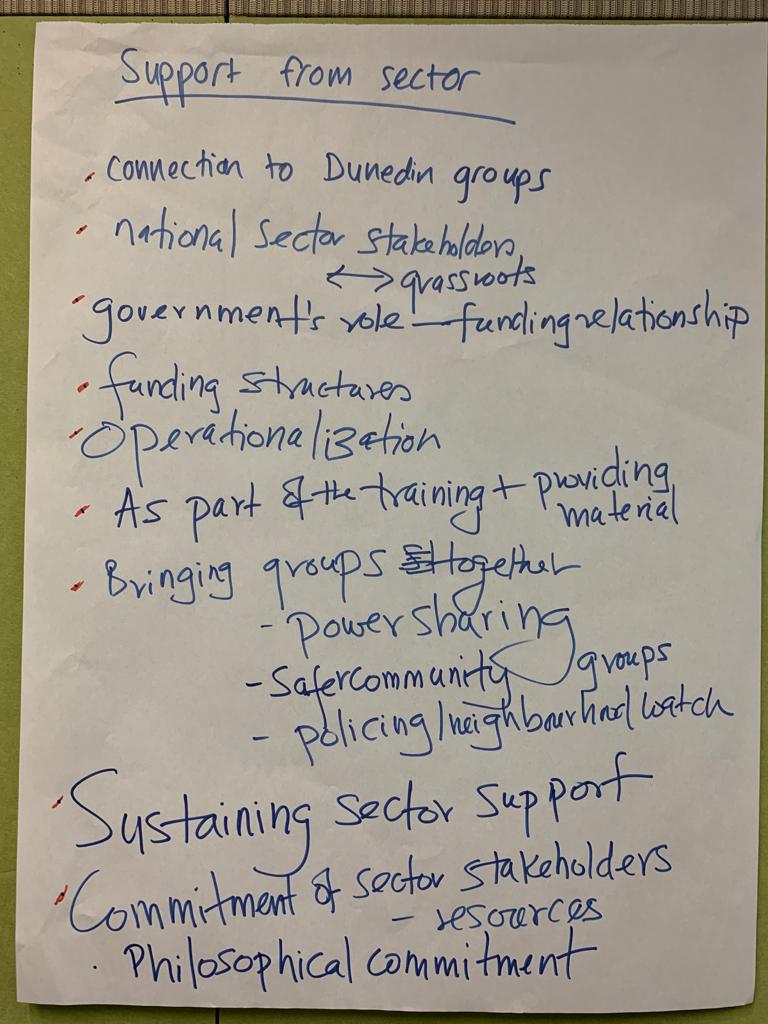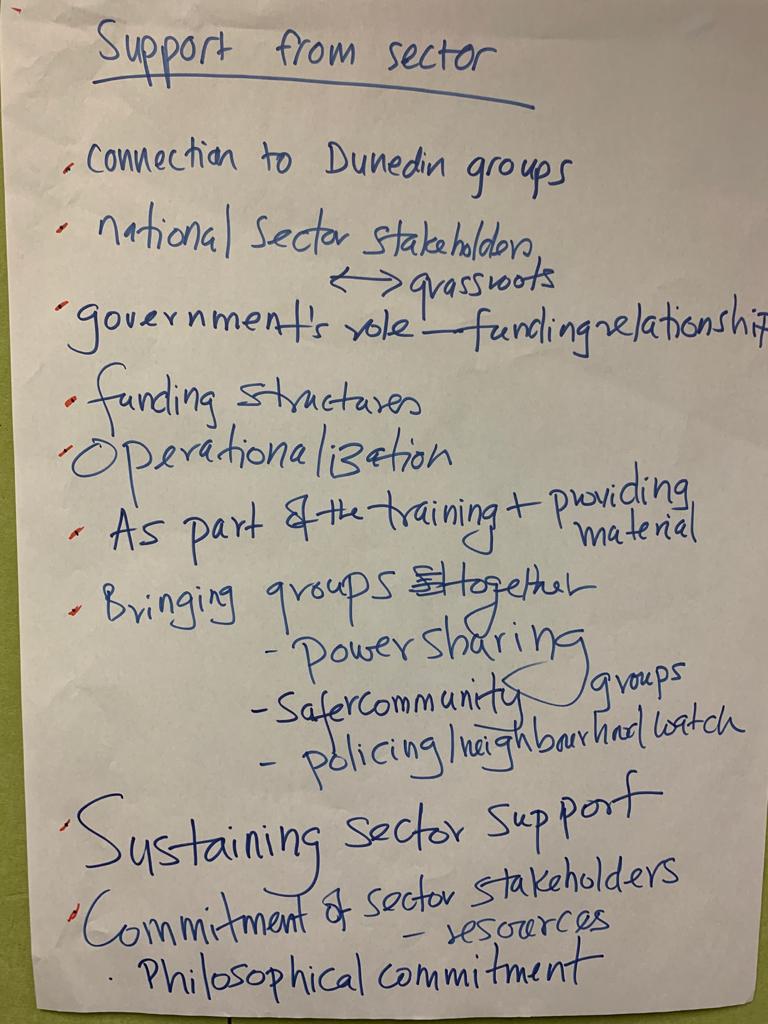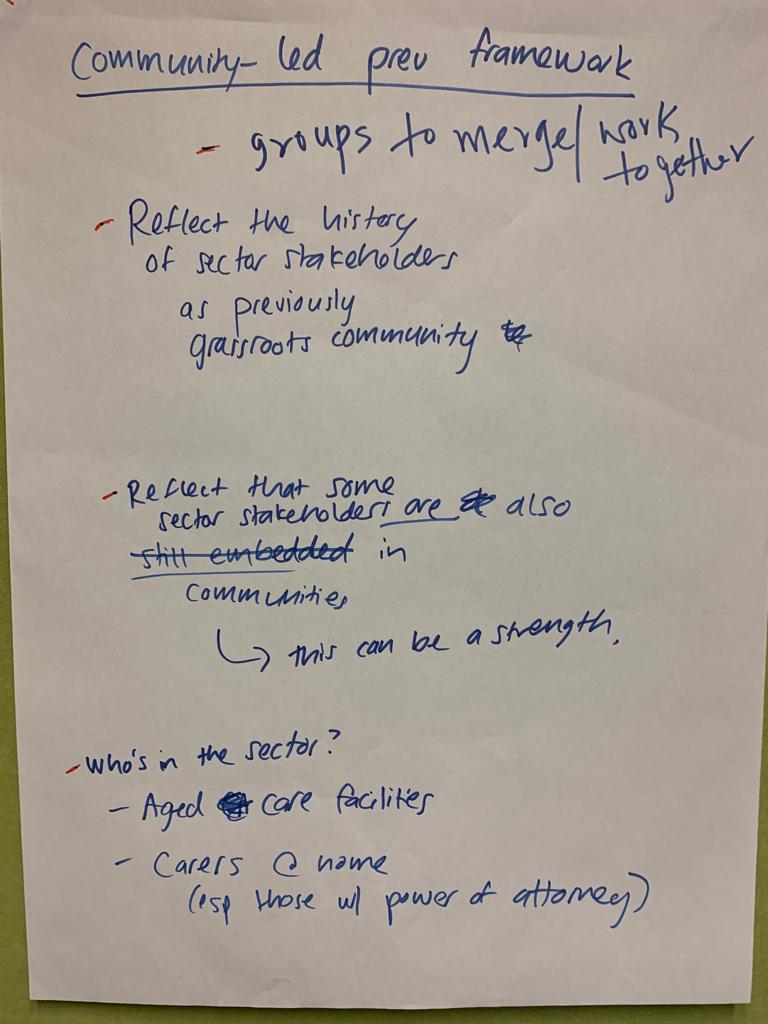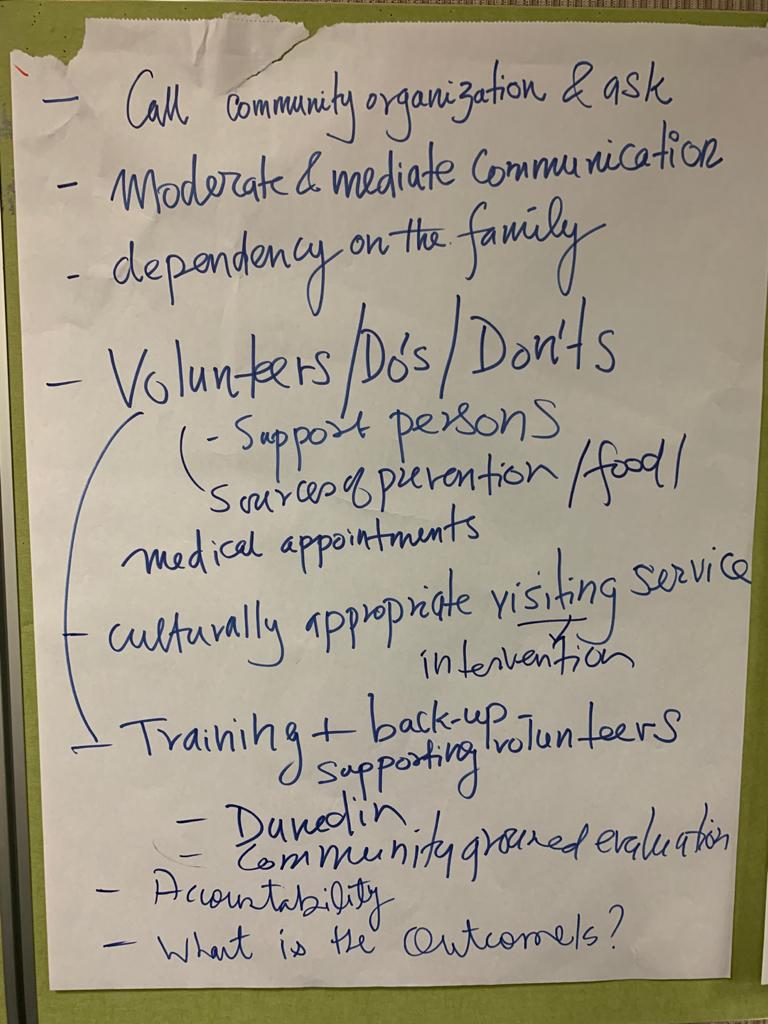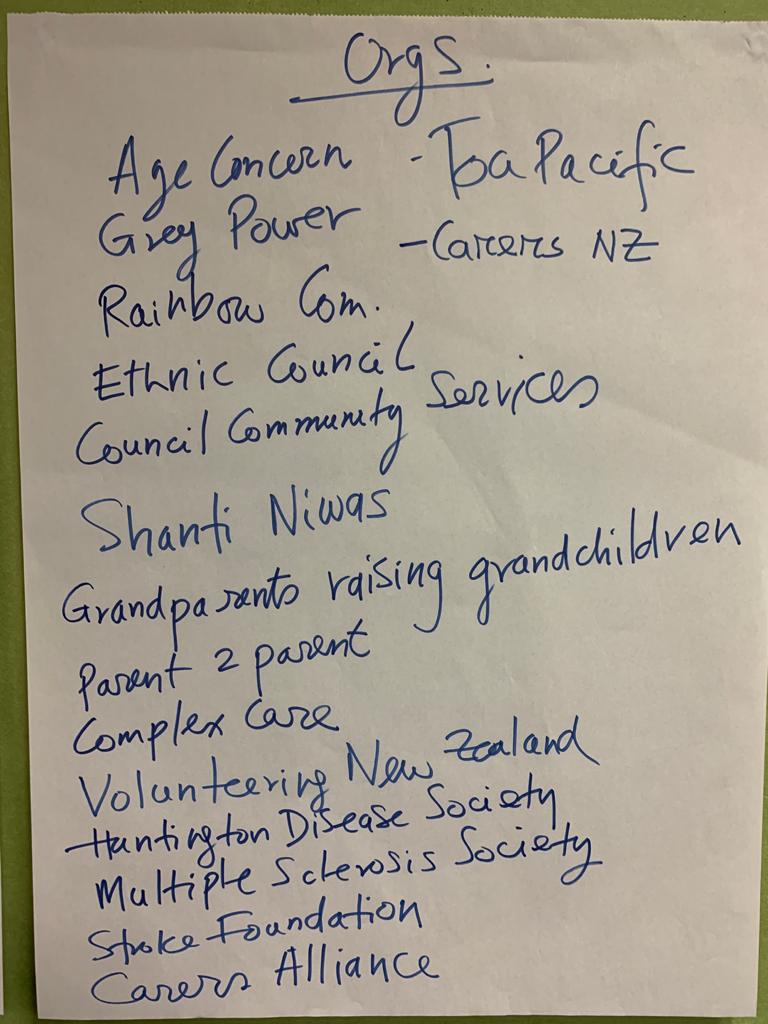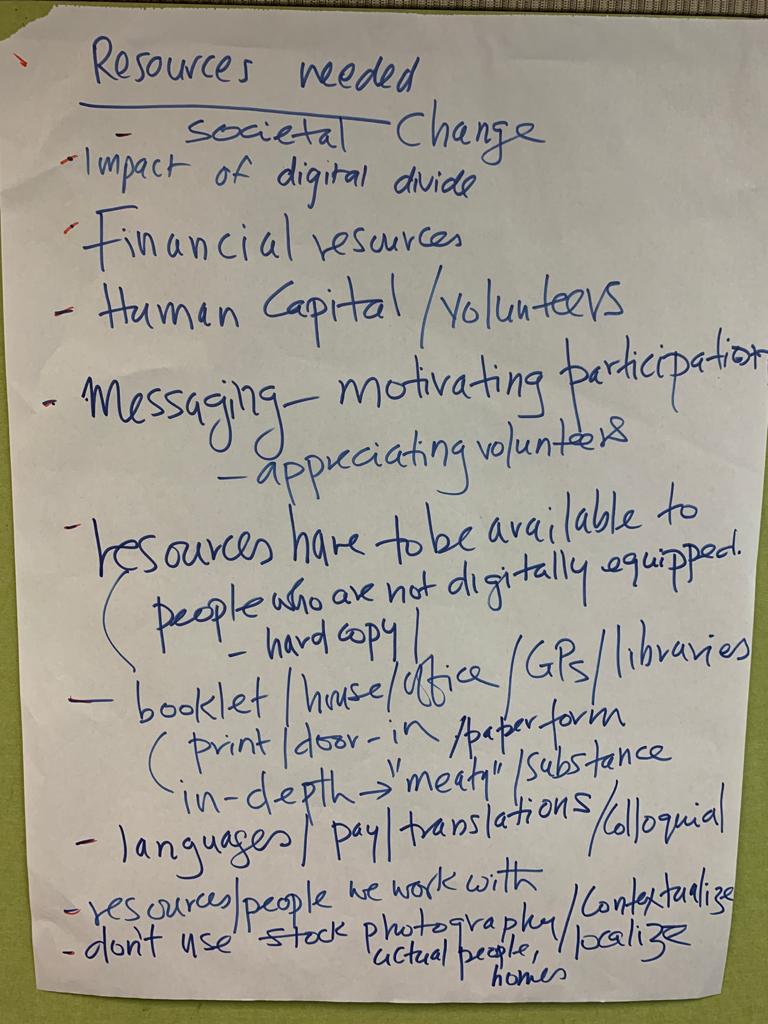The Centre for Culture-Centred Approach to Research and Education (CARE) at Massey University has secured funding from the Joint Venture Business Unit, Eliminating Family Violence and Sexual Violence (JVBU) to provide co-design expertise for its project “Violence prevention needs of diverse communities”.
Empowering diverse communities
Read the report : Massey CARE report by JVBU
Link: https://violencefree.govt.nz/news-and-resources/
CARE-JVBU VIOLENCE PREVENTION NEEDS OF DIVERSE COMMUNITIES: Interim Report and Press Release
While family violence and sexual violence affect a broad range of people in Aotearoa New Zealand, some populations in New Zealand are disproportionately affected. These groups experience multiple and overlapping factors, including disadvantage, discrimination, stigmatisation, and isolation. Current prevention approaches are limited in addressing the needs of disabled people, new migrant communities, rainbow communities, and ageing communities. Moreover, needs and experiences are likely to differ across these four communities, including at the mutual intersections of these identities and intersections with Māori, Pacific peoples, young people, rural people, etc.
Check the gallery below for more workshop images
The proposed co-design process draws on the framework of the culture-centered approach (CCA) developed and fine-tuned by CARE Director Professor Mohan Dutta in identifying and co-creating community-led approaches to the prevention of sexual violence and family violence, and in building a national level framework for the prevention of sexual violence and family violence that is based on community participation. CARE will draw on the team’s experience over a decade working on violence-related community-led interventions across the globe with sex-workers, migrant communities, transgender communities, survivors of genocide, and refugees with experiences of trauma amongst others. The team draws on the insights developed by advisory groups of community members and community researchers who inhabit marginalised identities and come from the communities that are being researched.
The culture-centered approach (CCA) driving this co-design process places marginalised communities in the driving seat in shaping prevention solutions and in owning them. It creates a dialogic space for conversations between place-based locally-owned strategies of prevention and national level prevention strategies. The CARE team will partner with local diverse communities at the “margins of the margins,” key stakeholders, and the JVBU to produce an interim and a final report for Ministers, with recommendations on:
- the violence prevention needs and aspirations of disabled people, new migrant communities, rainbow communities, and ageing communities
- community-led prevention initiatives to be funded by the government
- a longer-term prevention investment strategy that is anchored in community voices.
The work will draw on the key tenets of the CCA to build participatory spaces for disabled people, new migrant communities, rainbow communities, and older people to develop a community-led framework for the prevention of sexual violence and family violence. Notes Professor Mohan Dutta, Director, CARE, “This work offers a vital register for listening to the voices of communities who have hitherto been erased. Through the participatory spaces co-created with communities, imaginaries and frameworks for violence prevention solutions are generated that are anchored in the lived experiences and everyday negotiations of violence in marginalized contexts, situated in the rhythms of community life.”
The culture-centered process builds voice democracy at the margins, where community members who are most disenfranchised (at the “margins of the margins”) develop a conceptual framework for the prevention of sexual violence and family violence. Through community-based interviews, interviews with key stakeholders working with violence prevention, advisory groups, and workshops, the project will outline strategies for community-led prevention that are anchored in community voices and owned by communities.
Gallery

